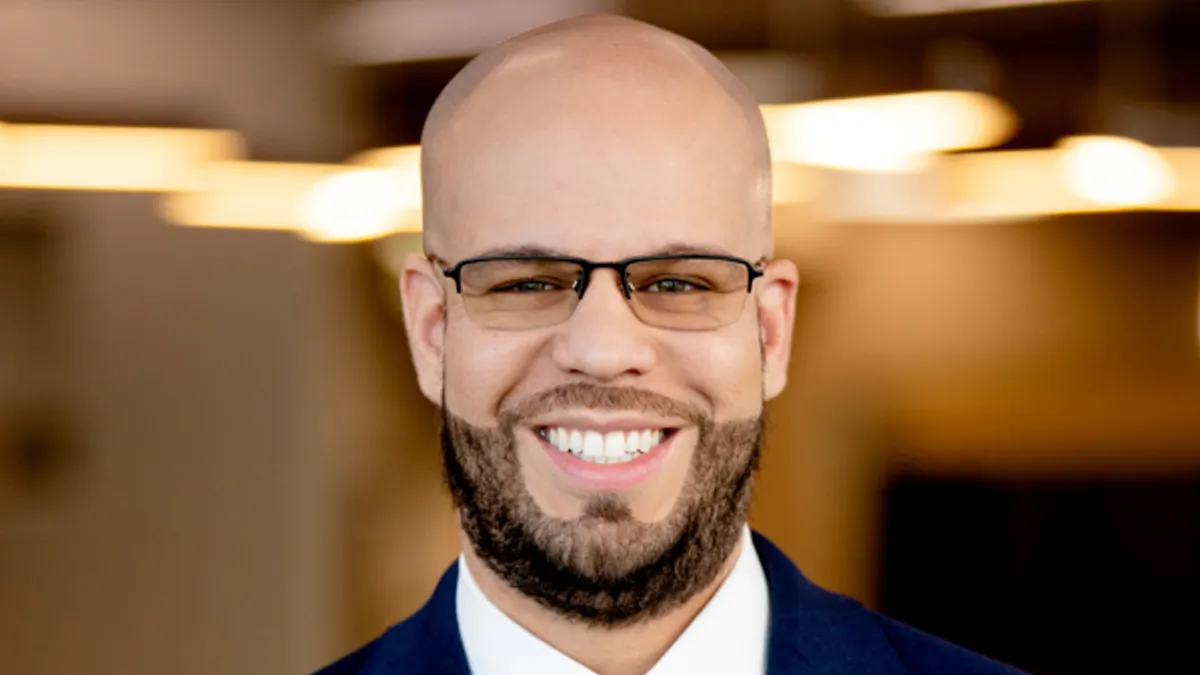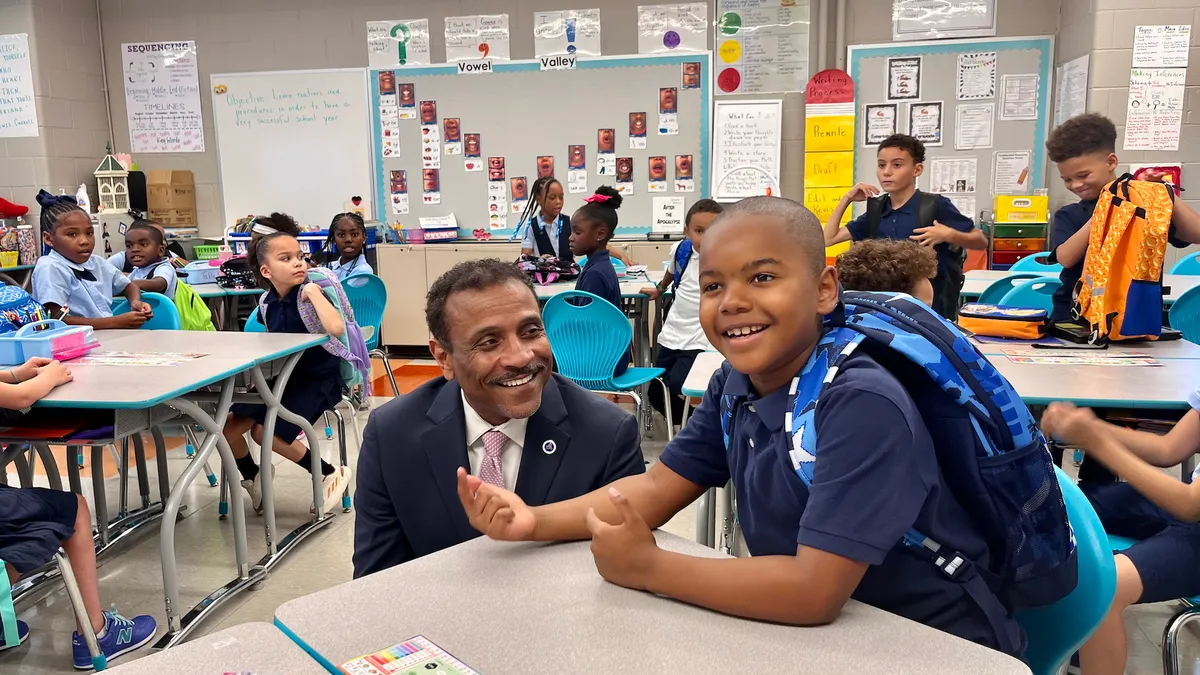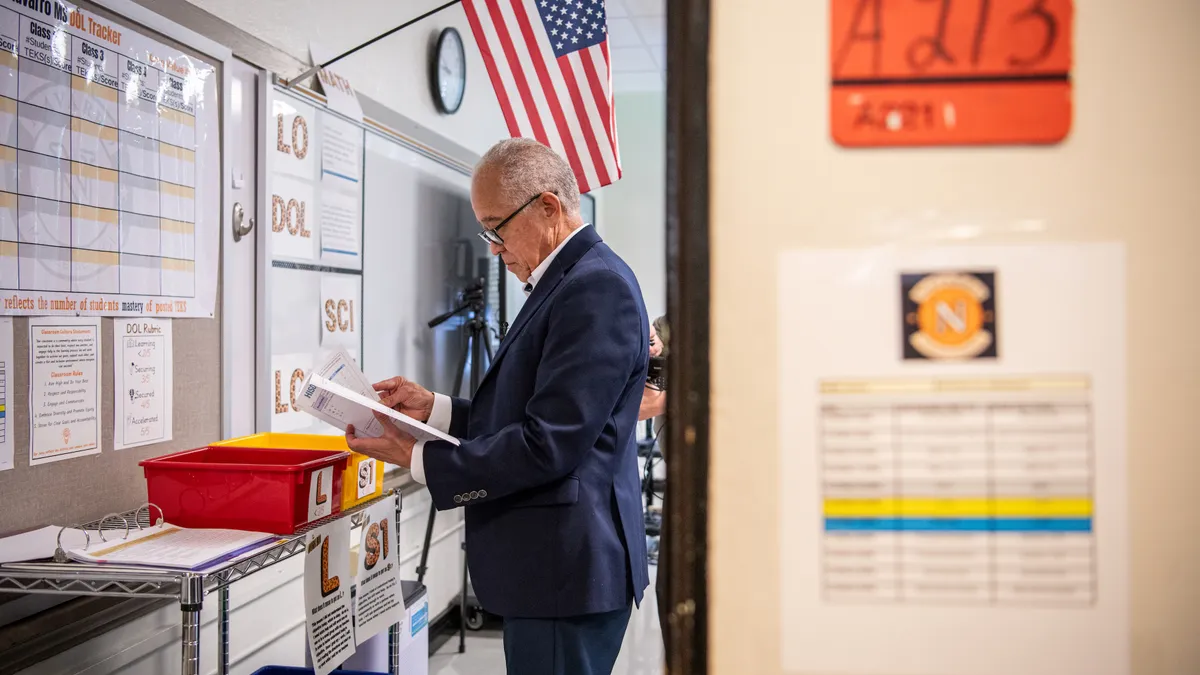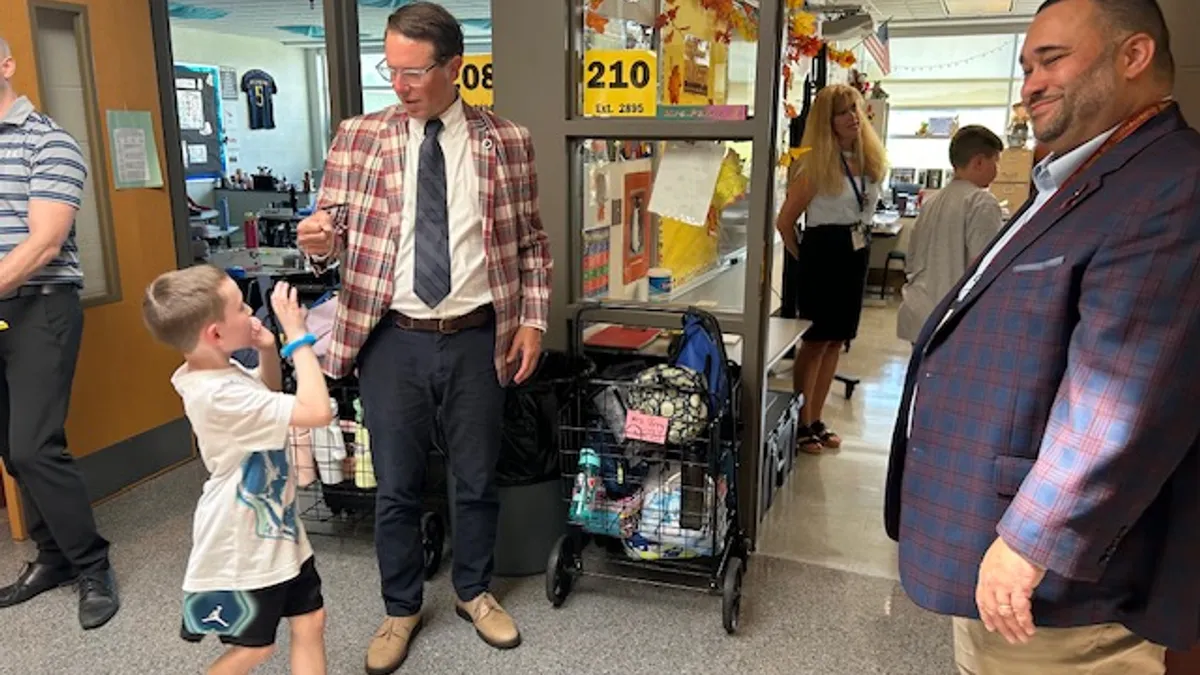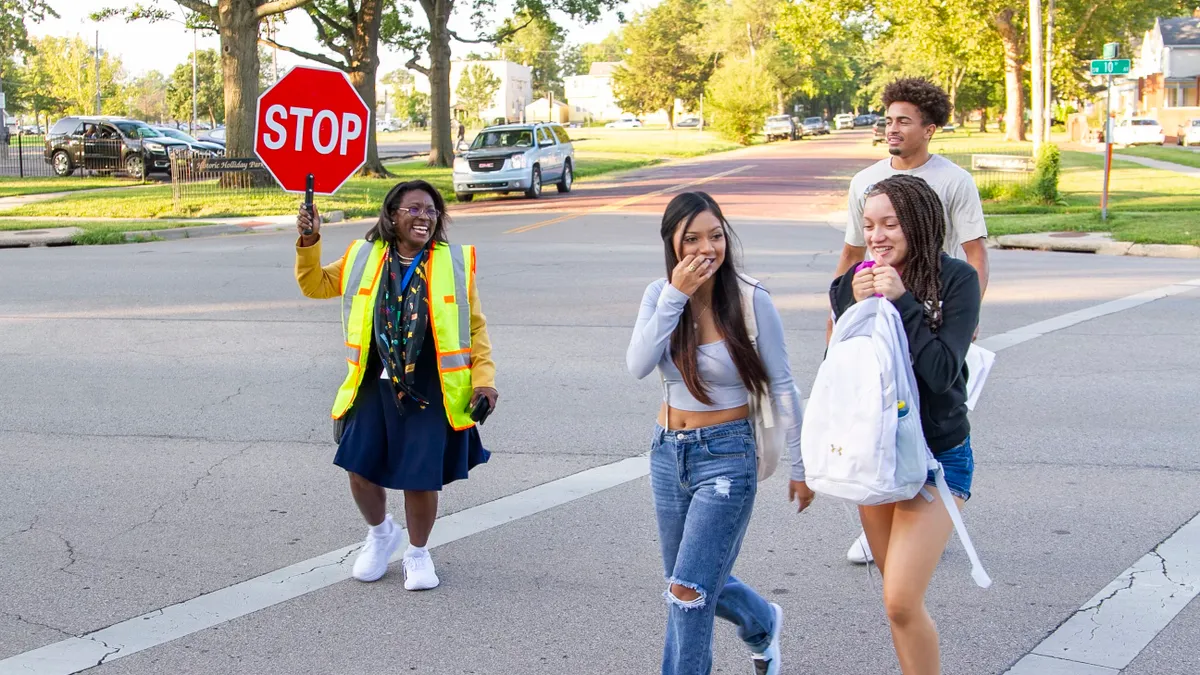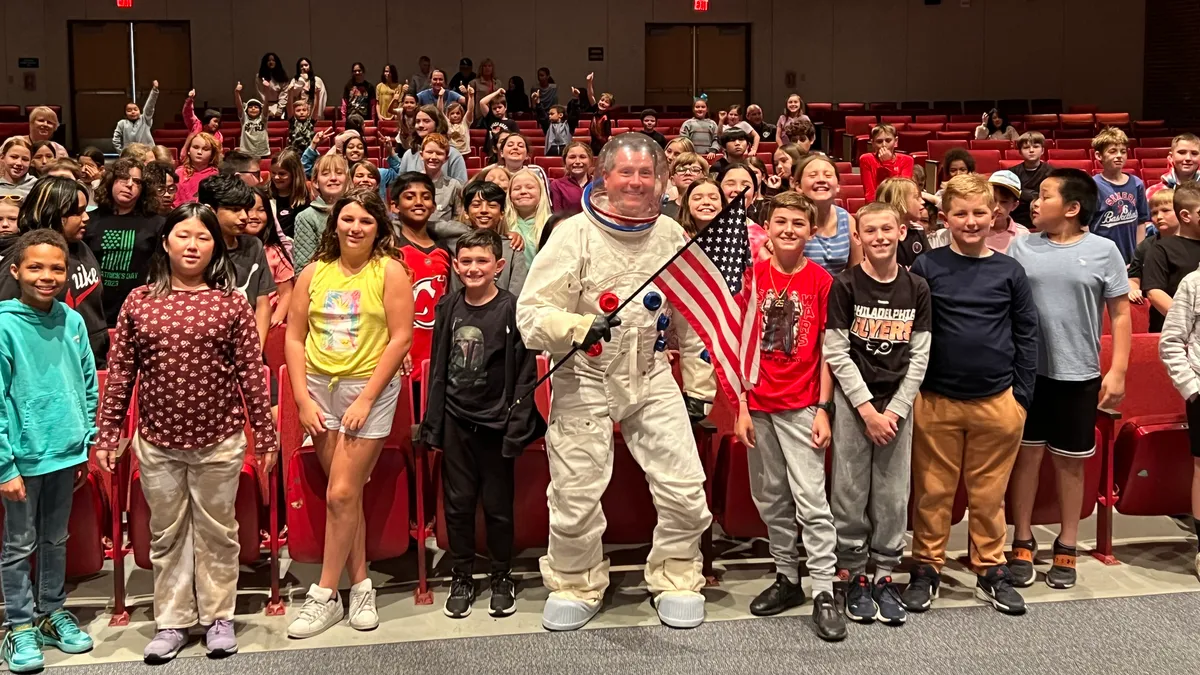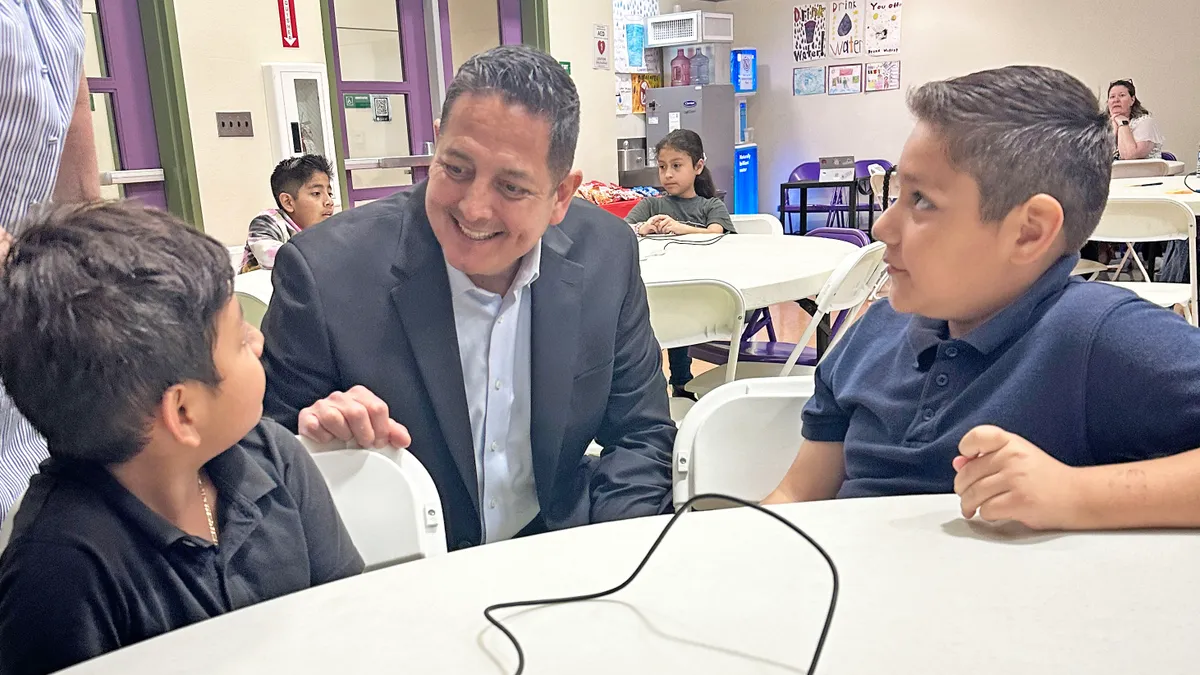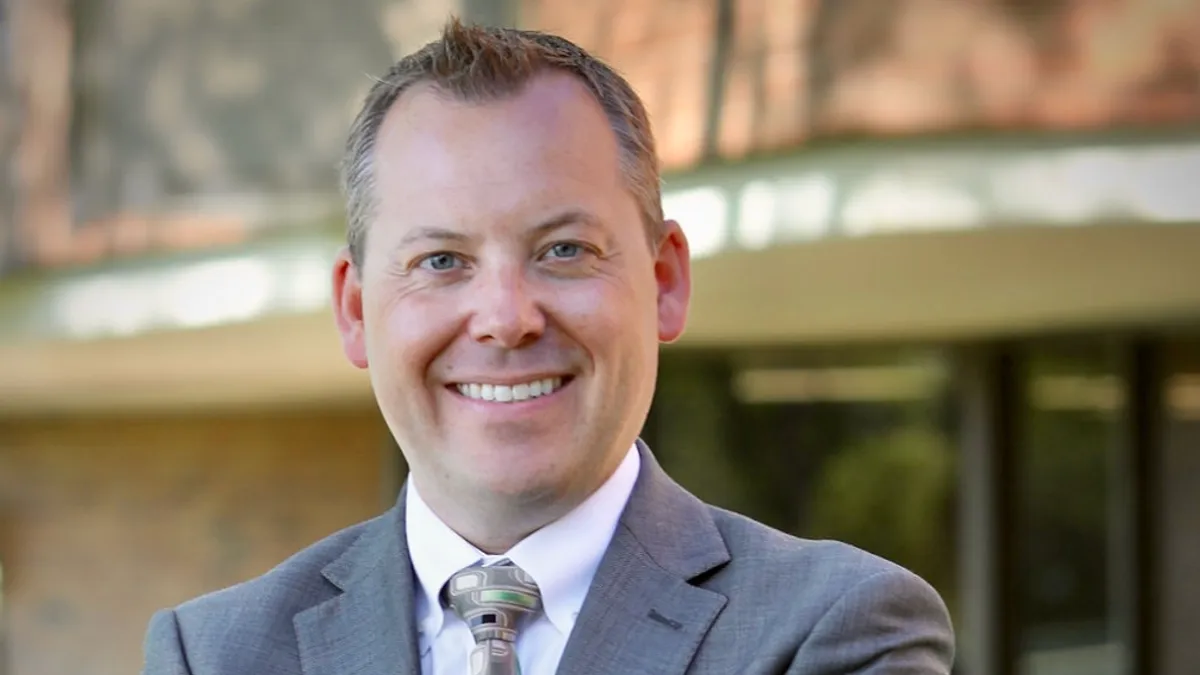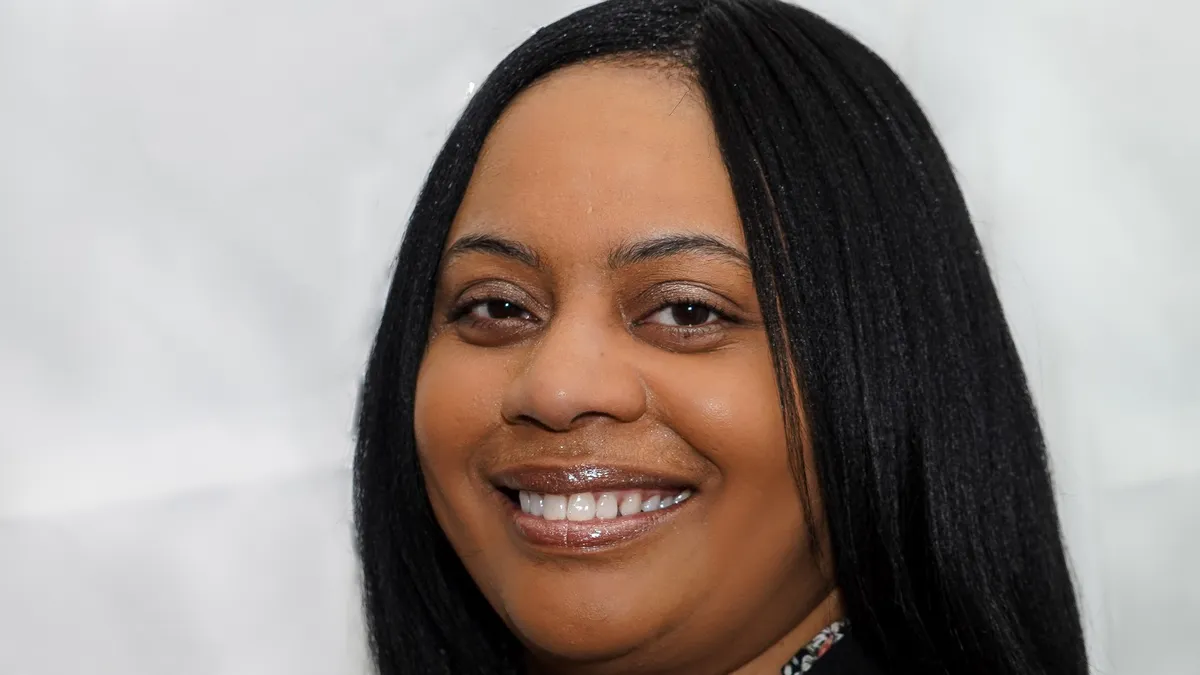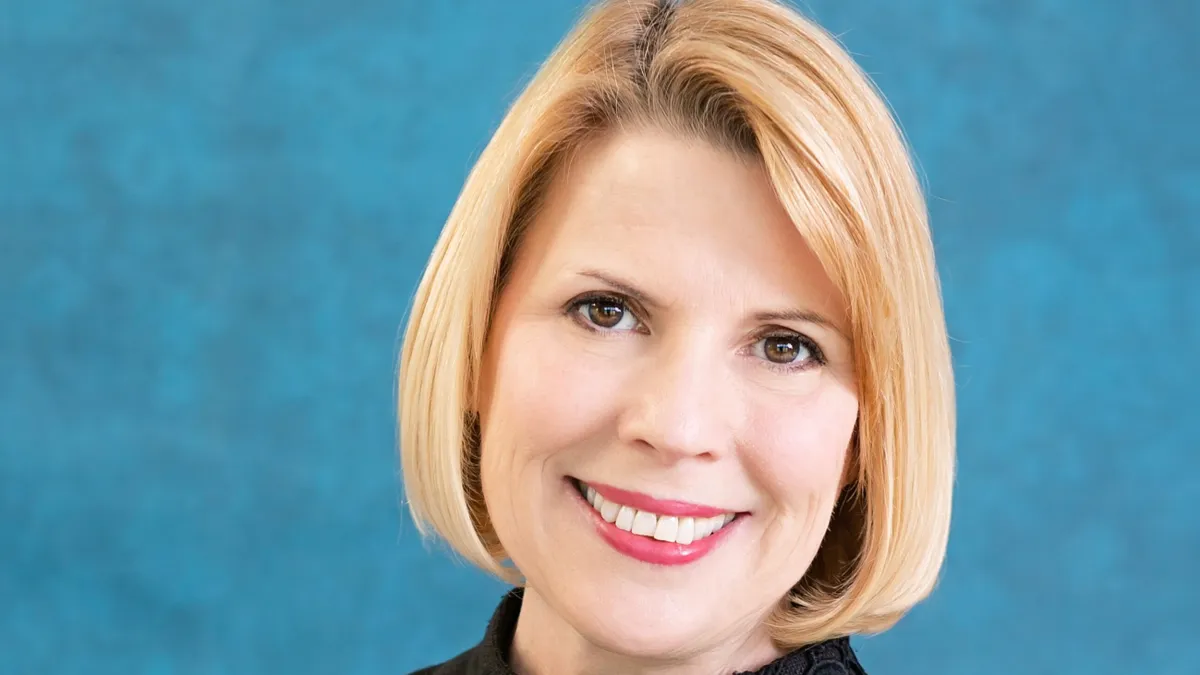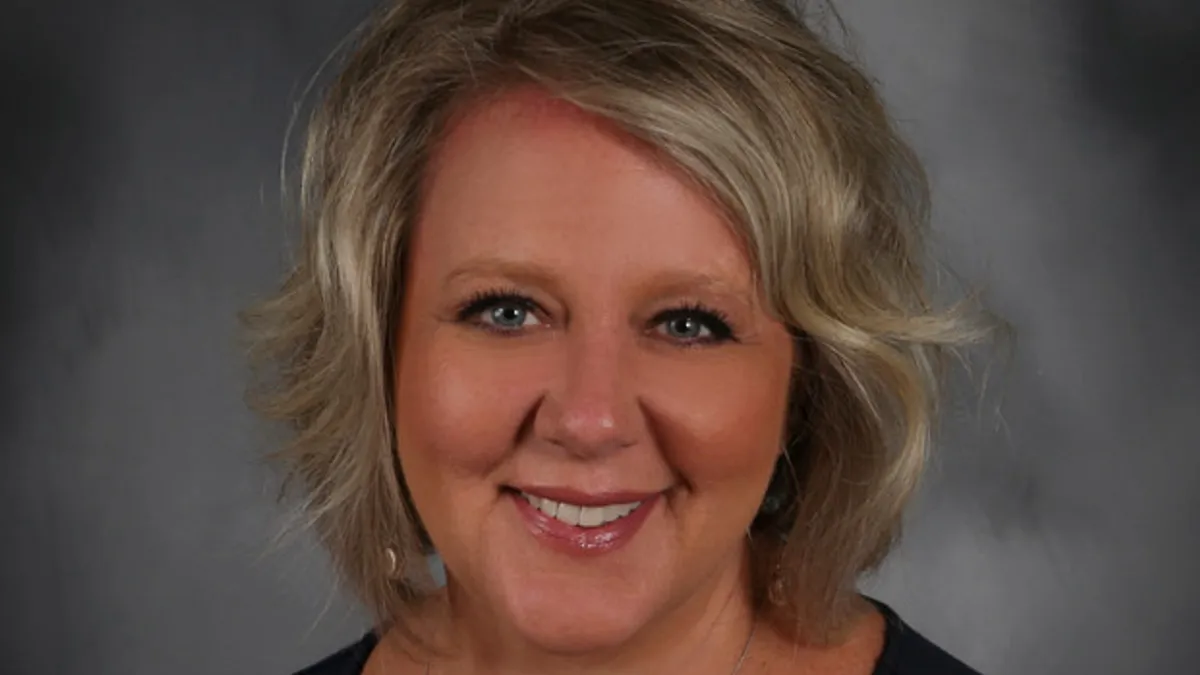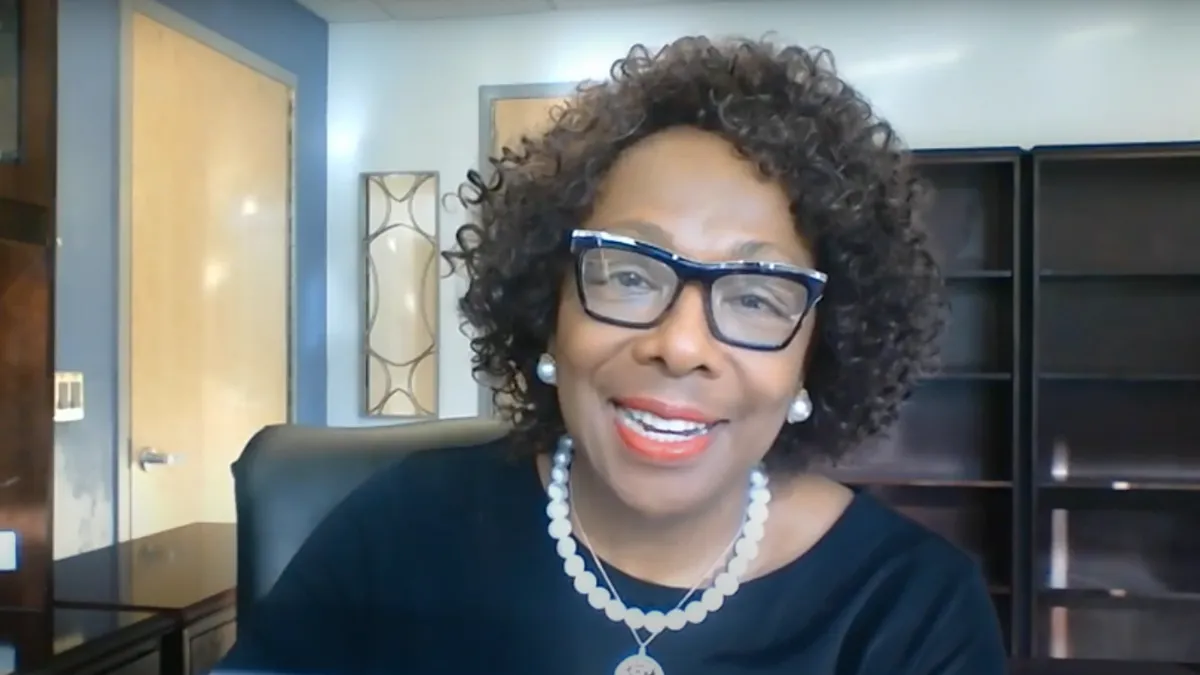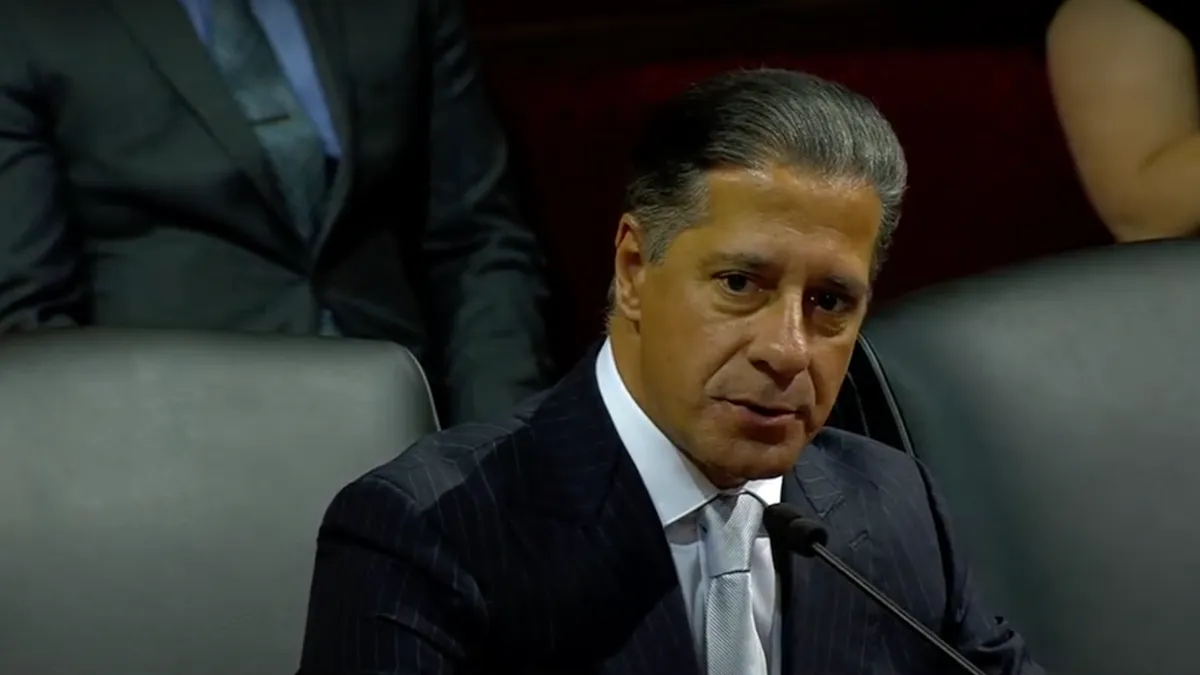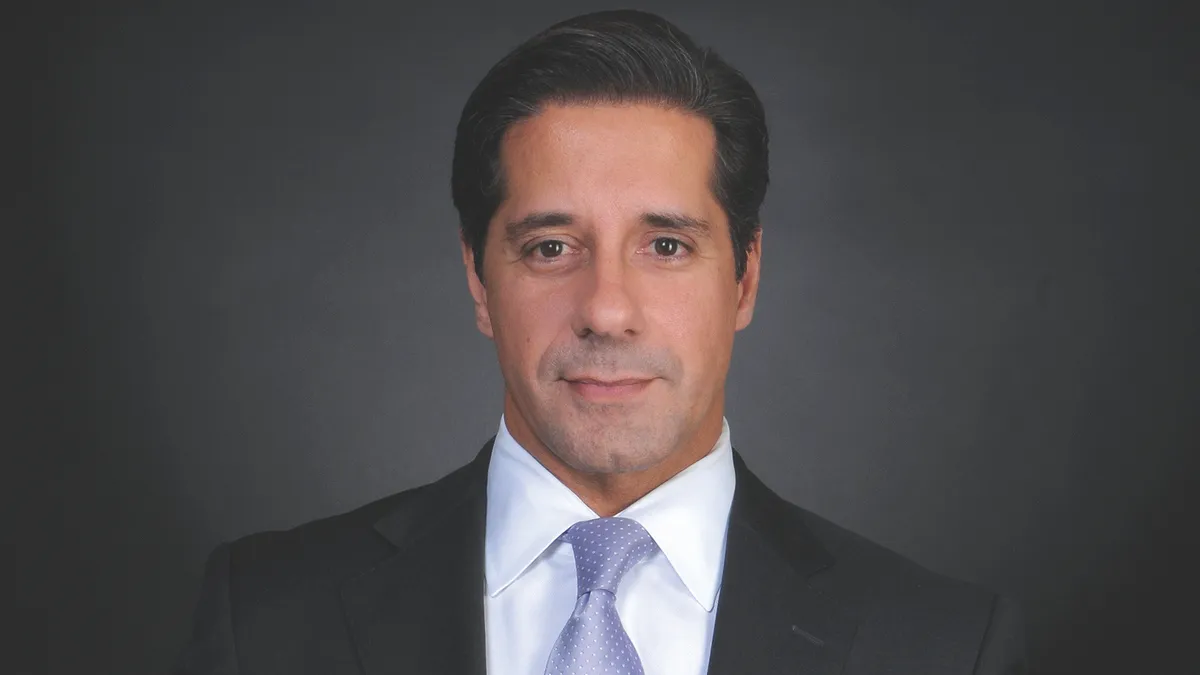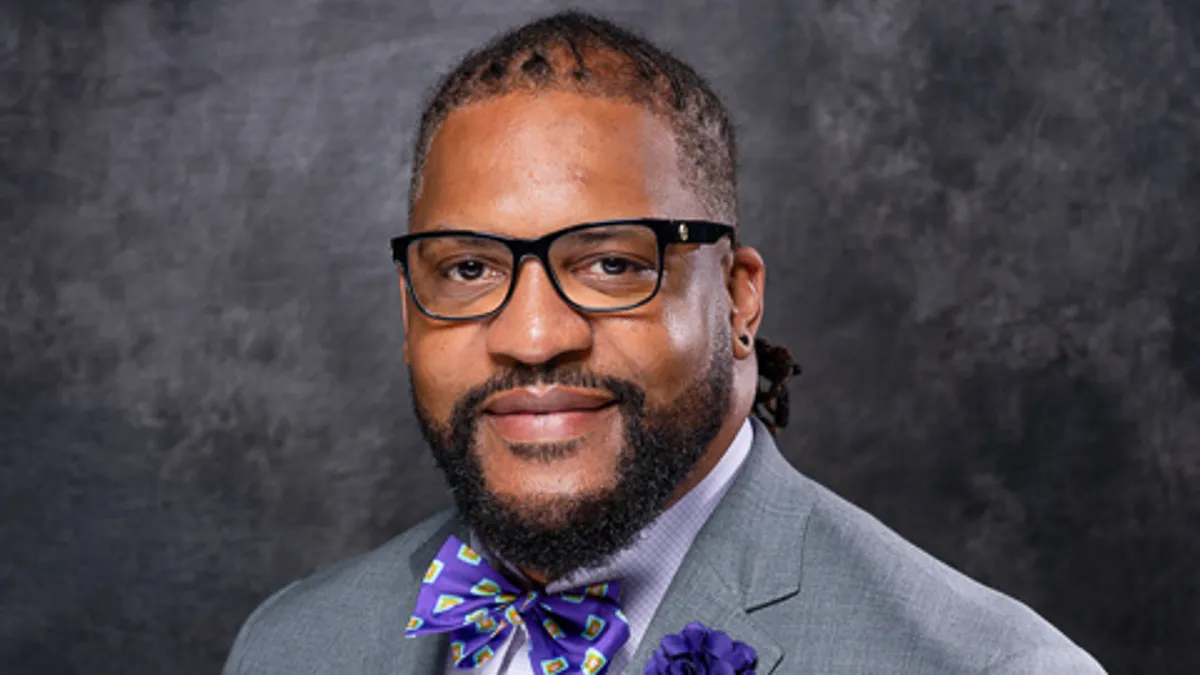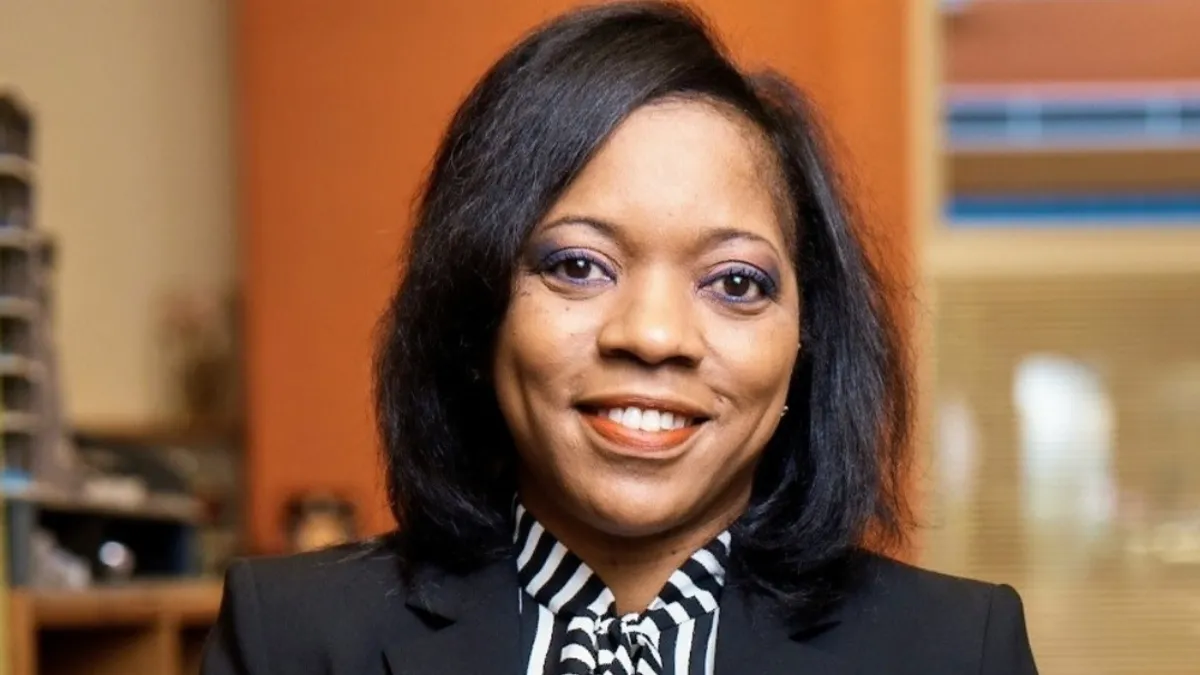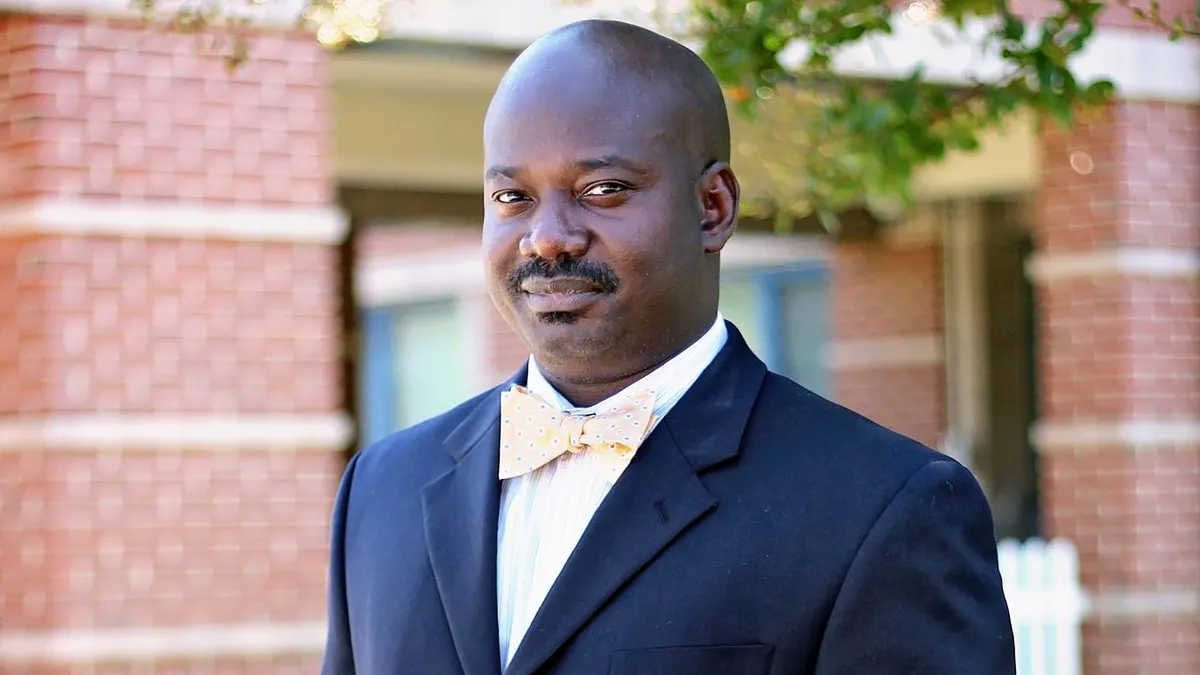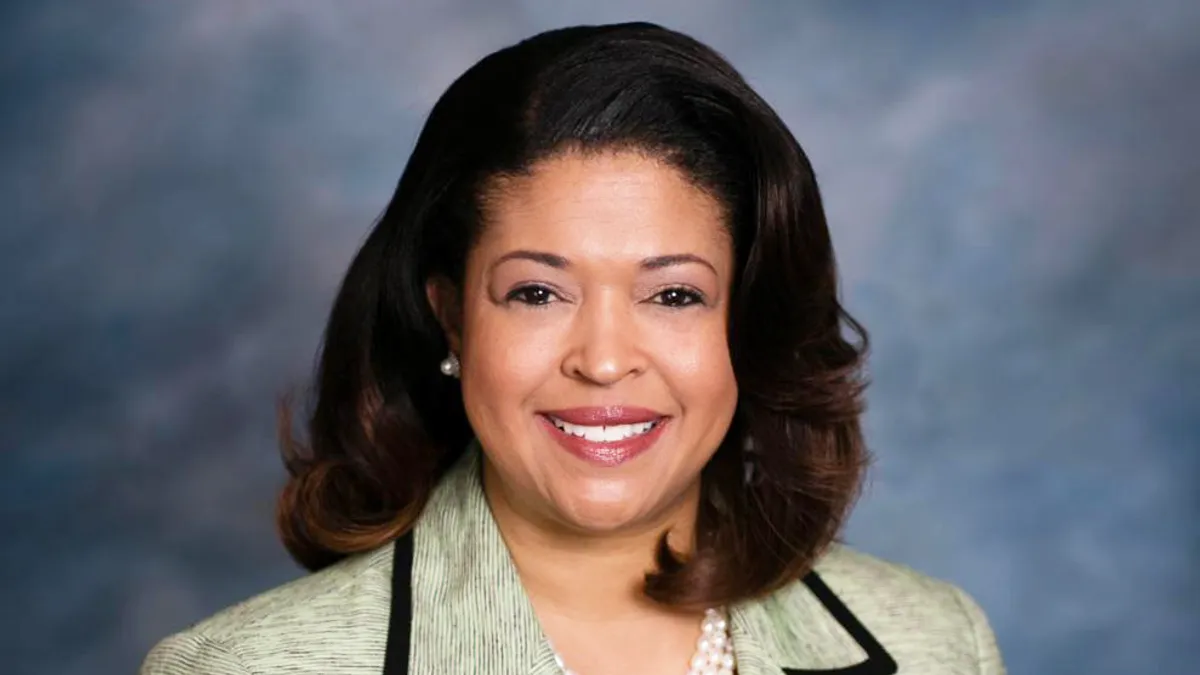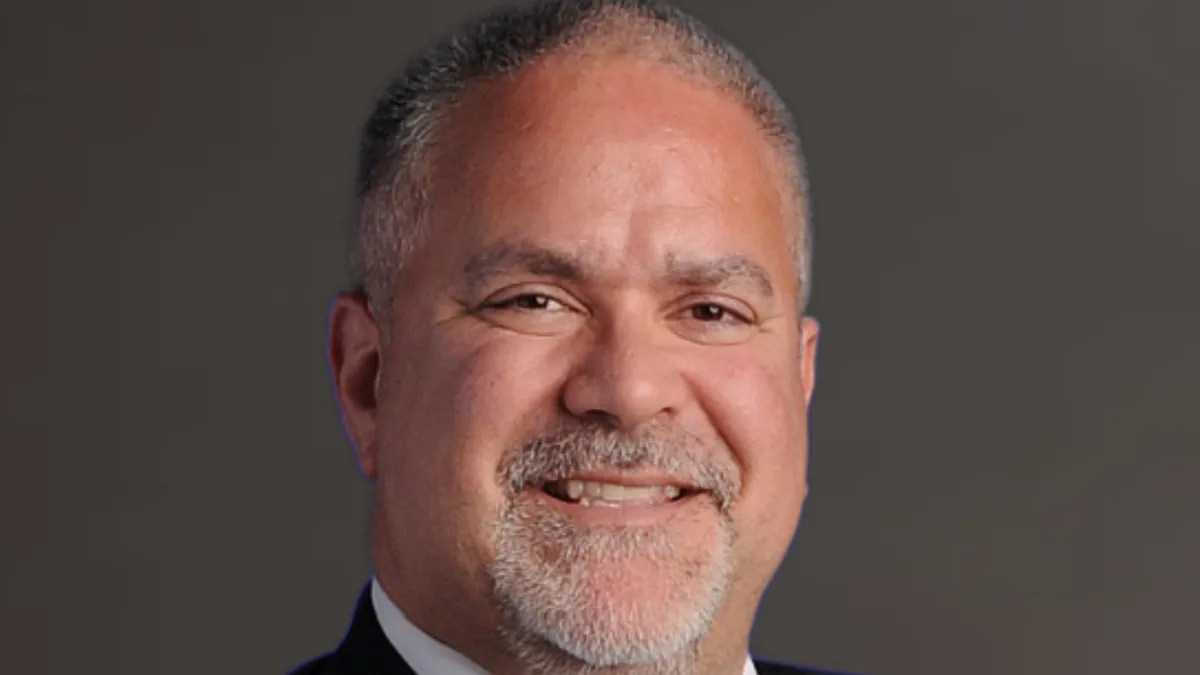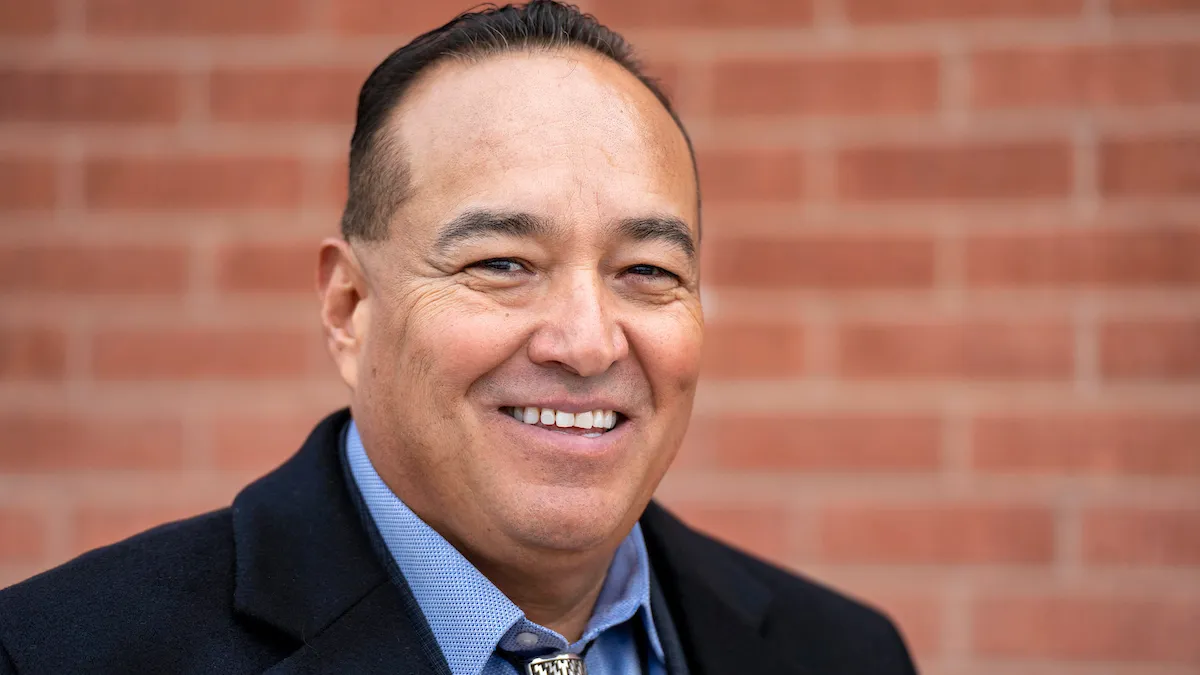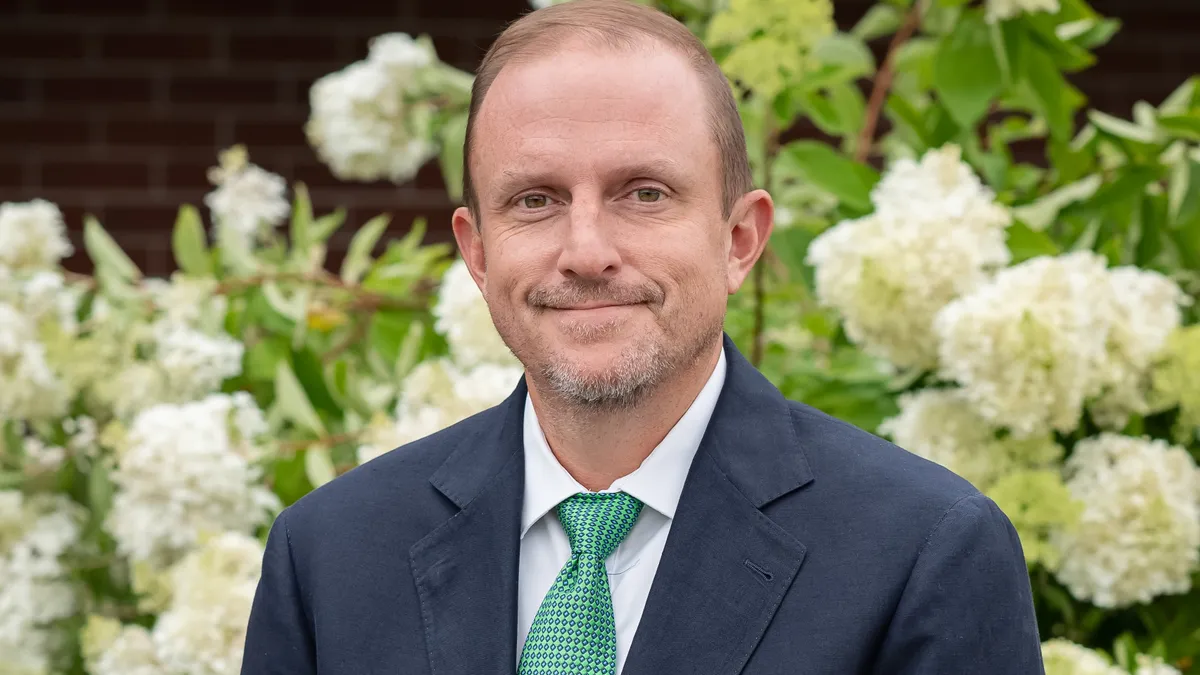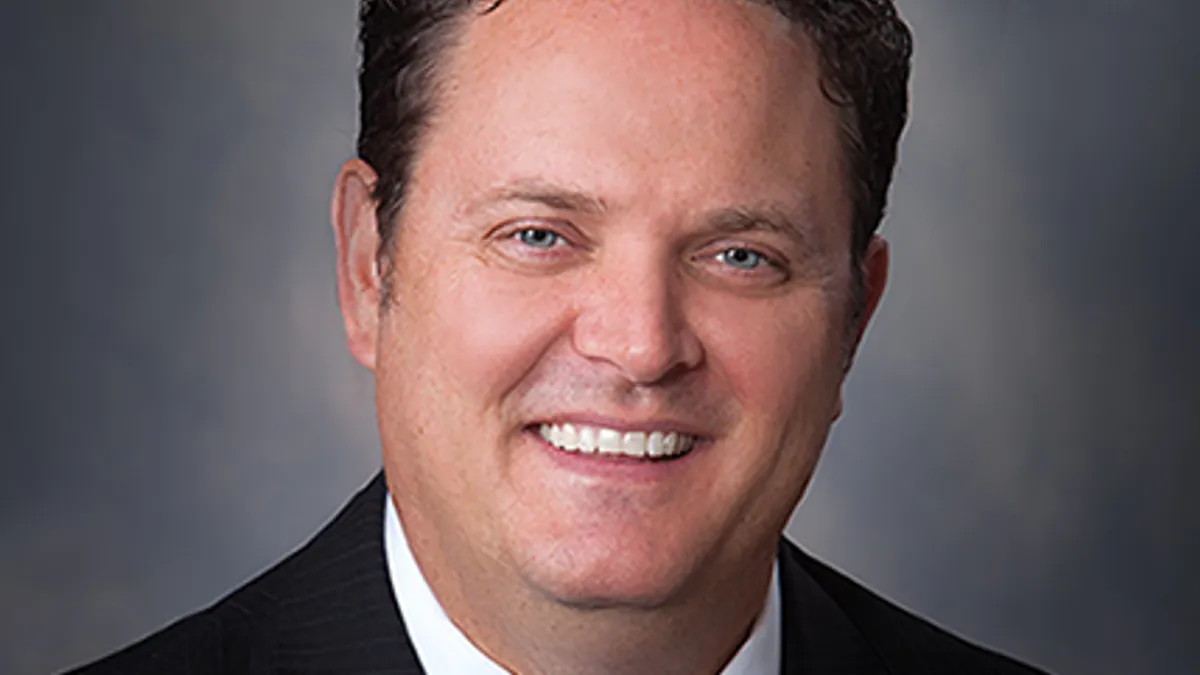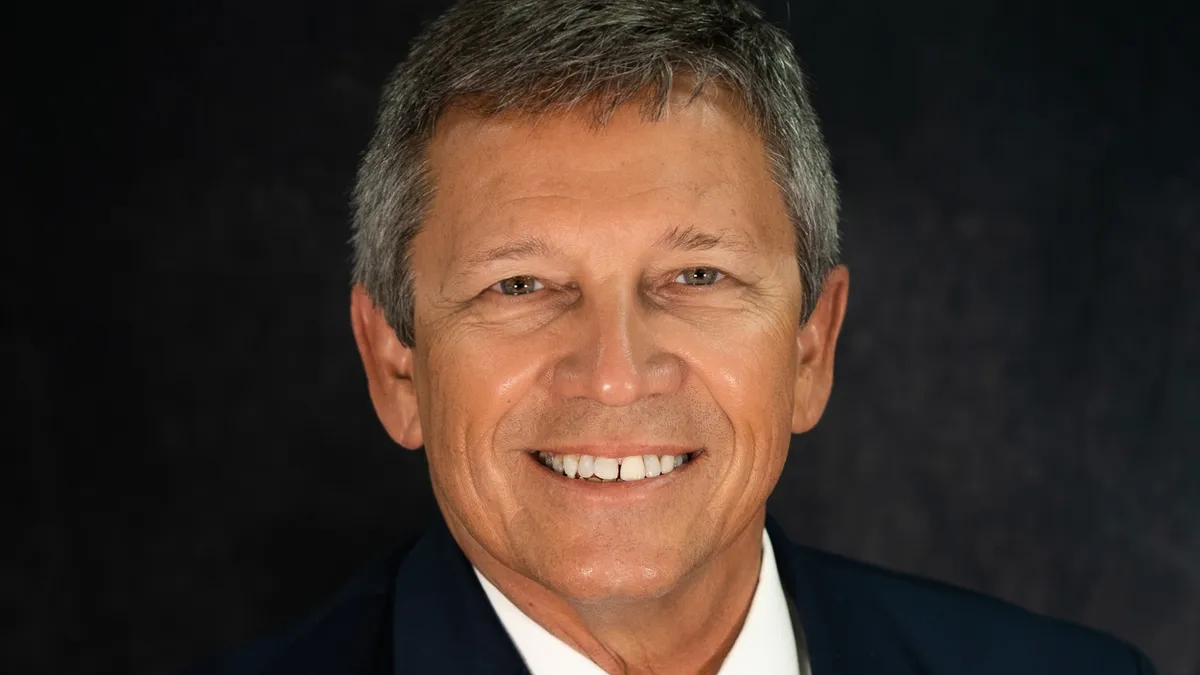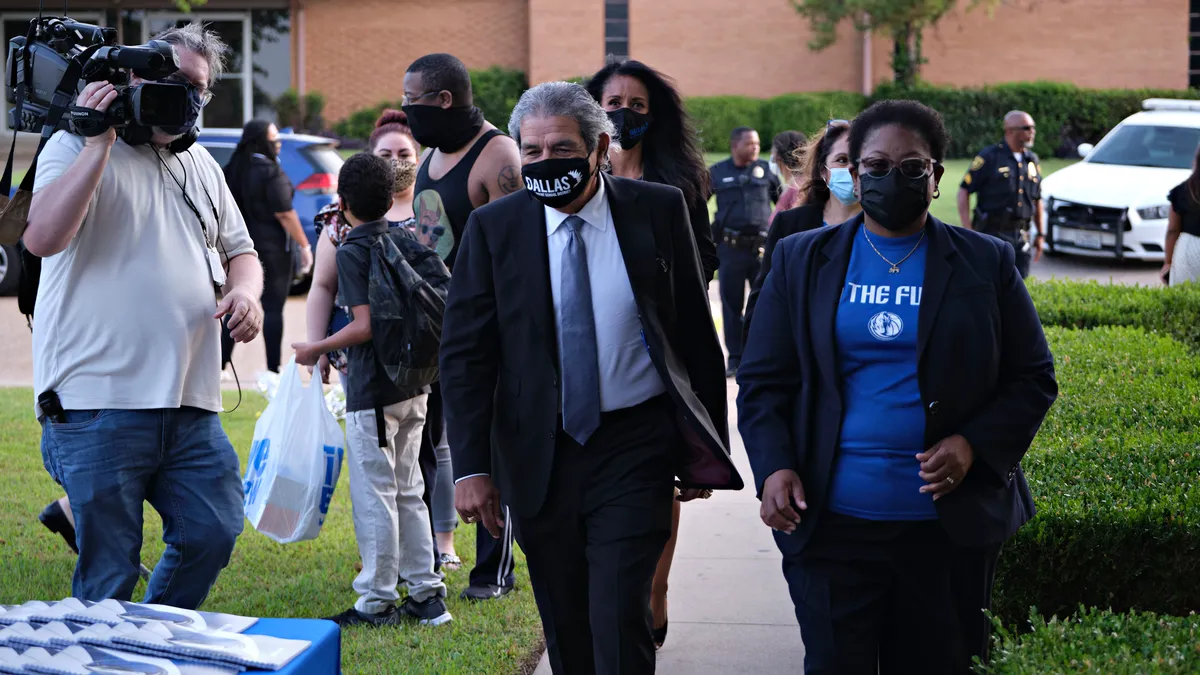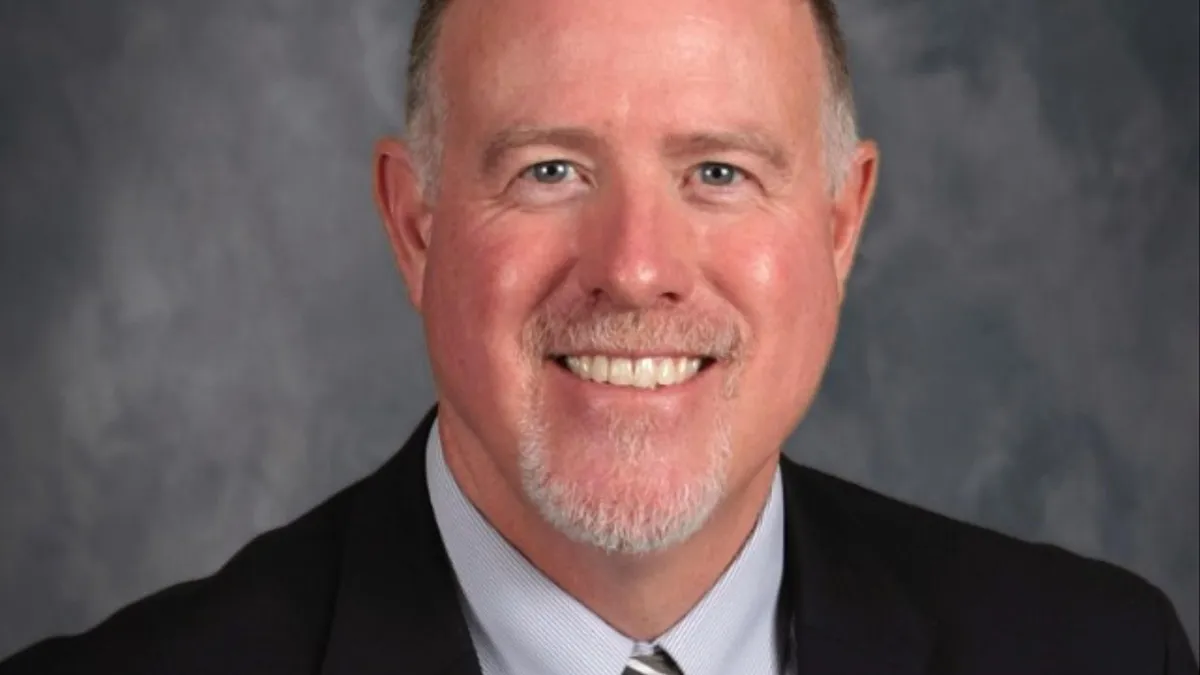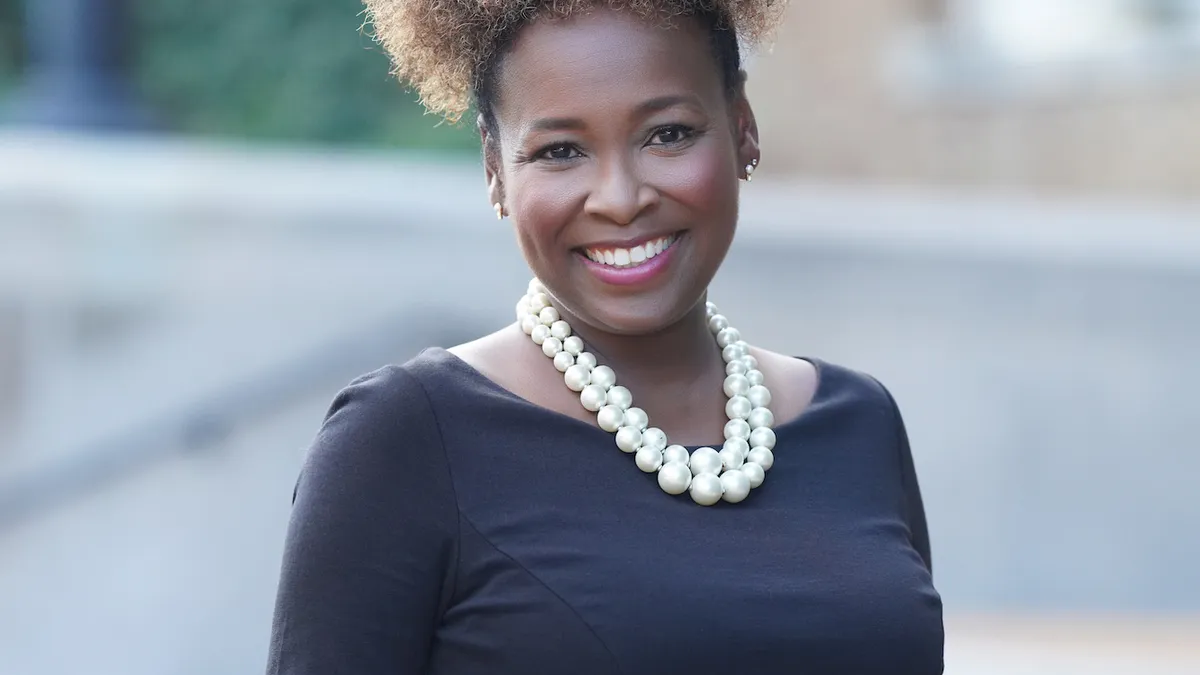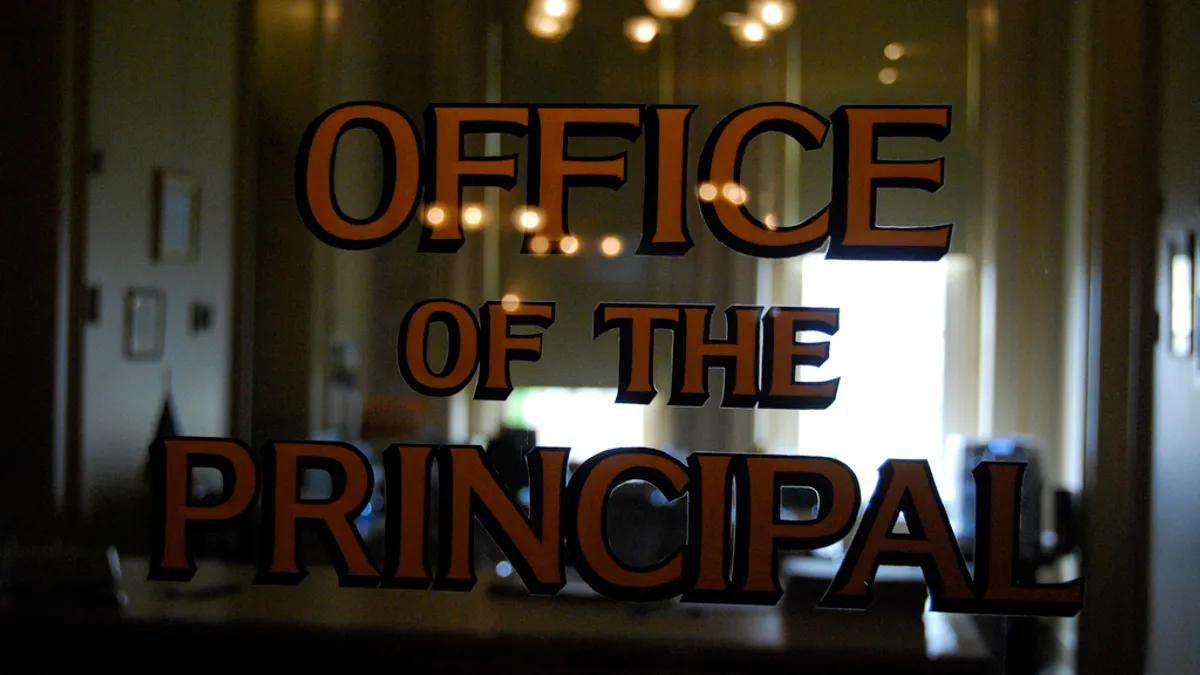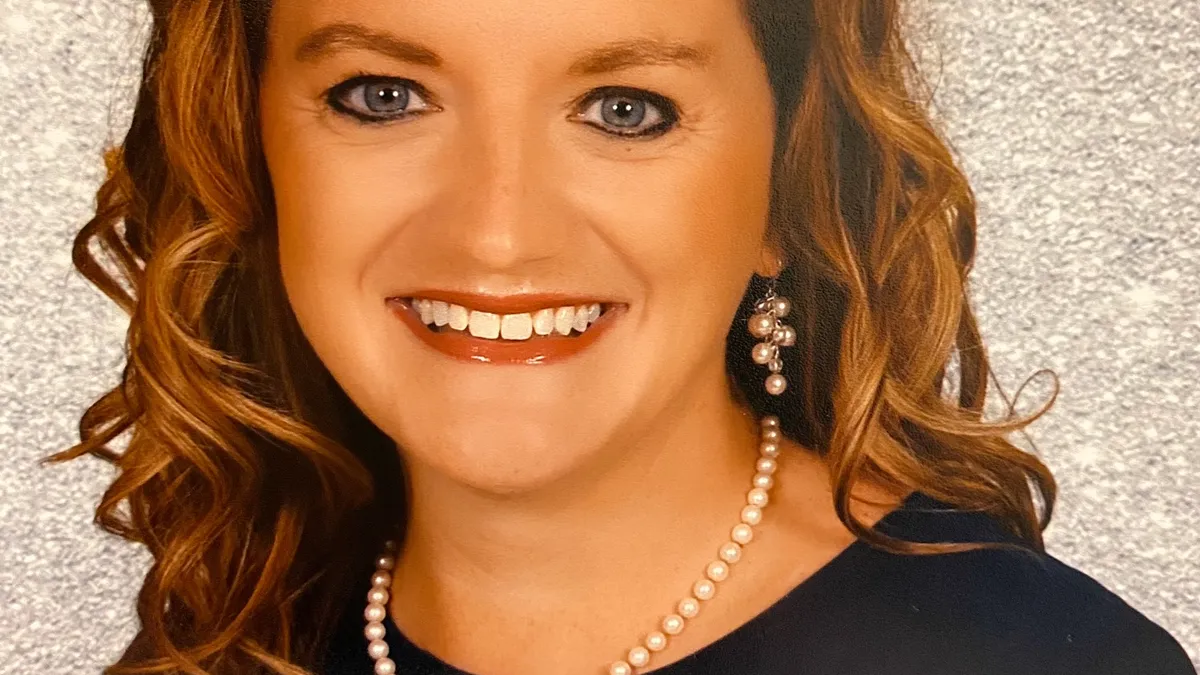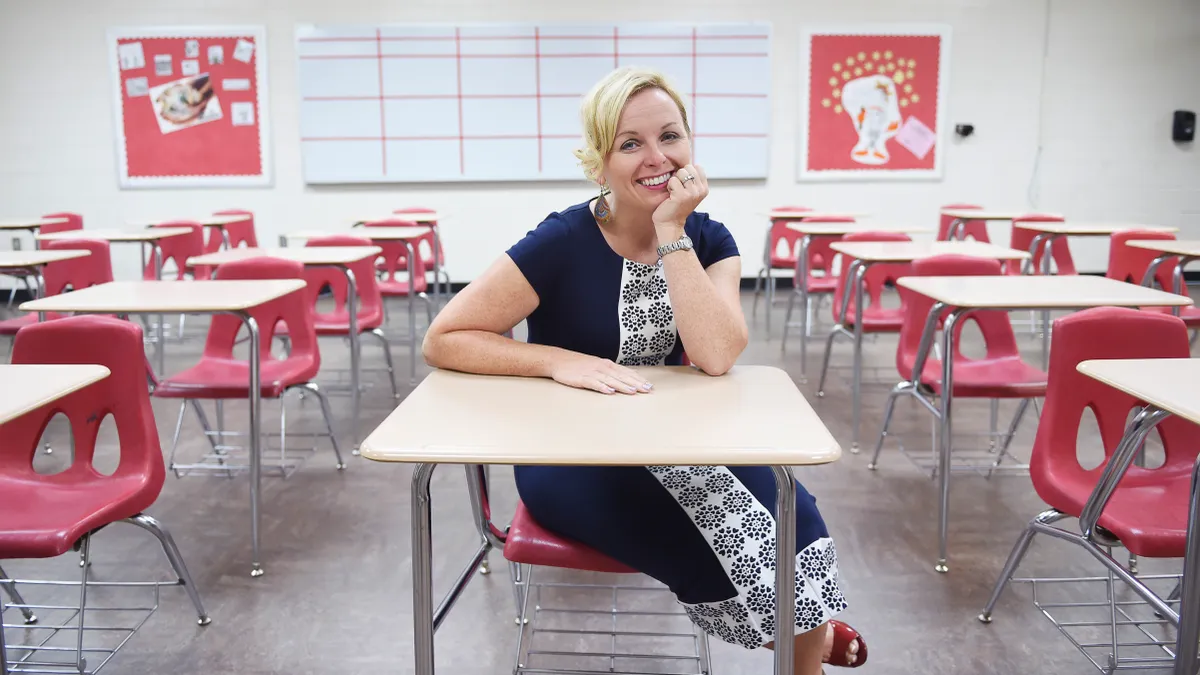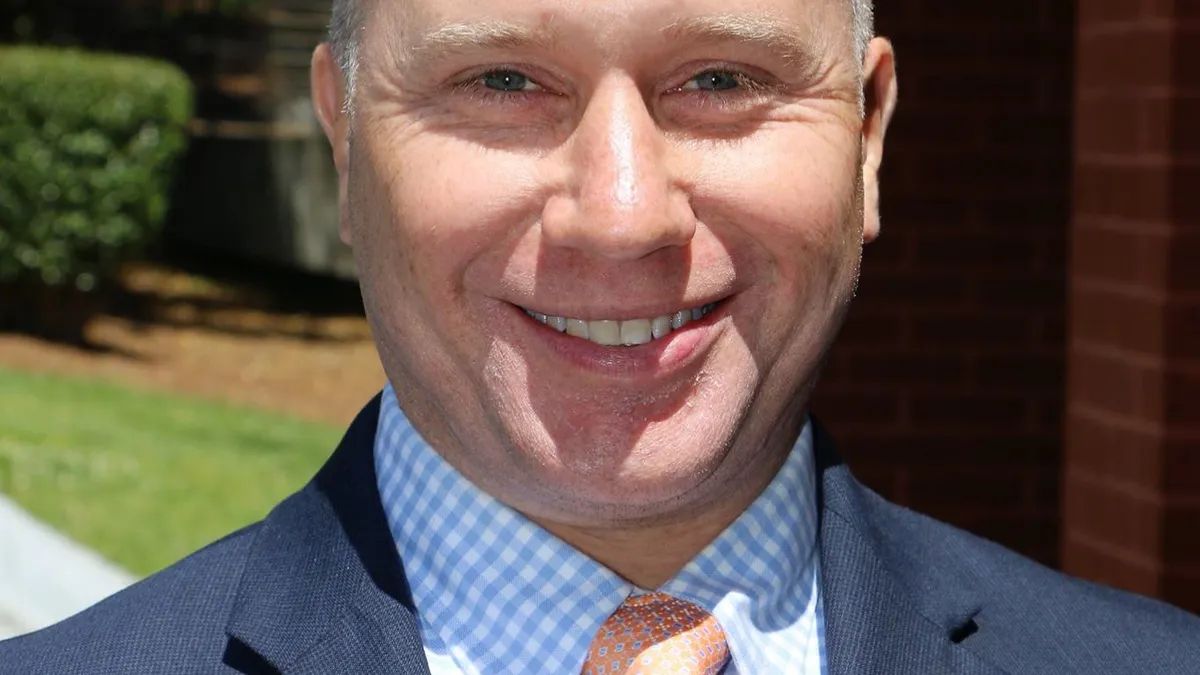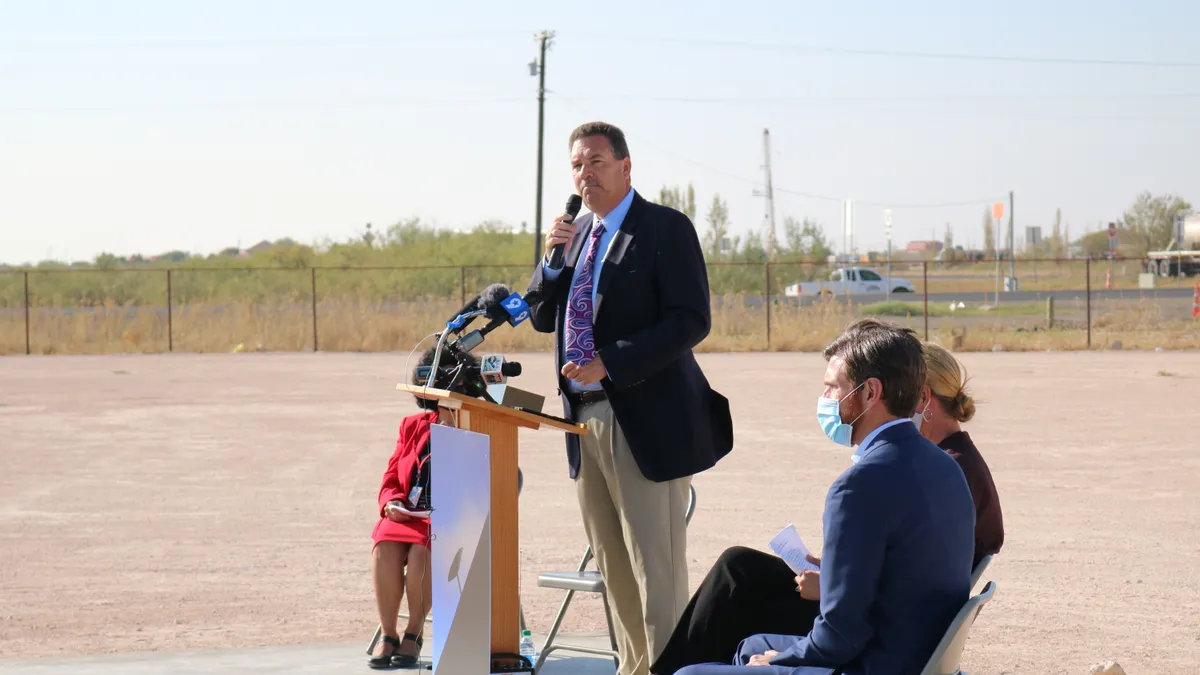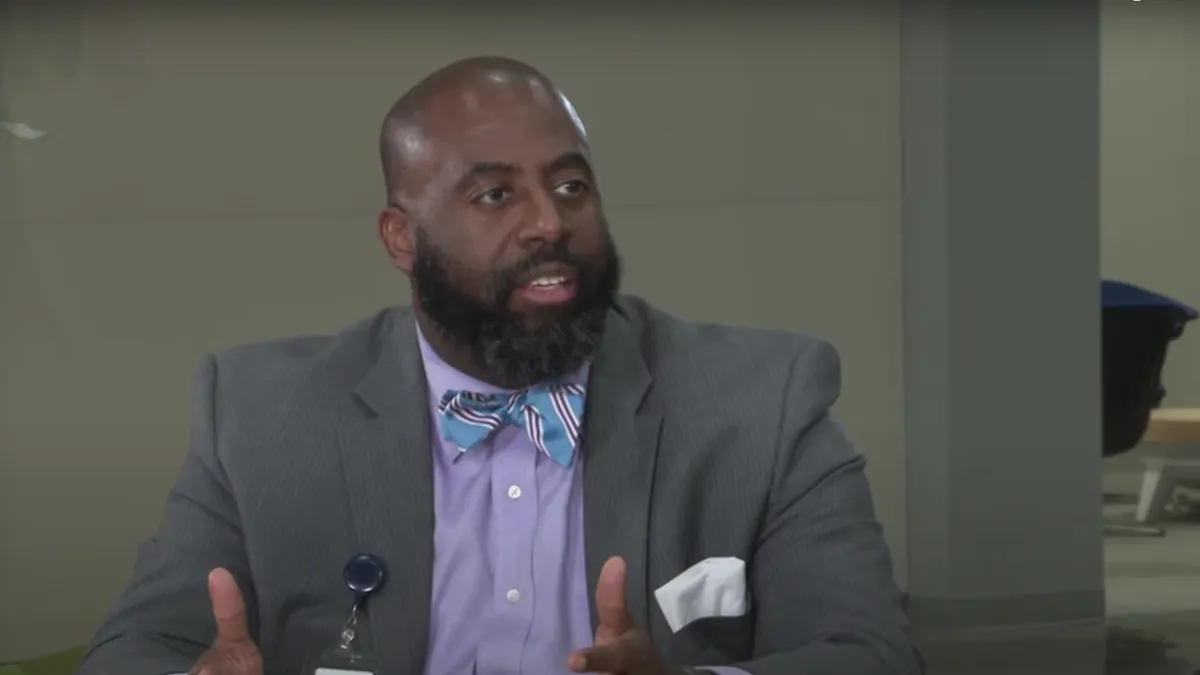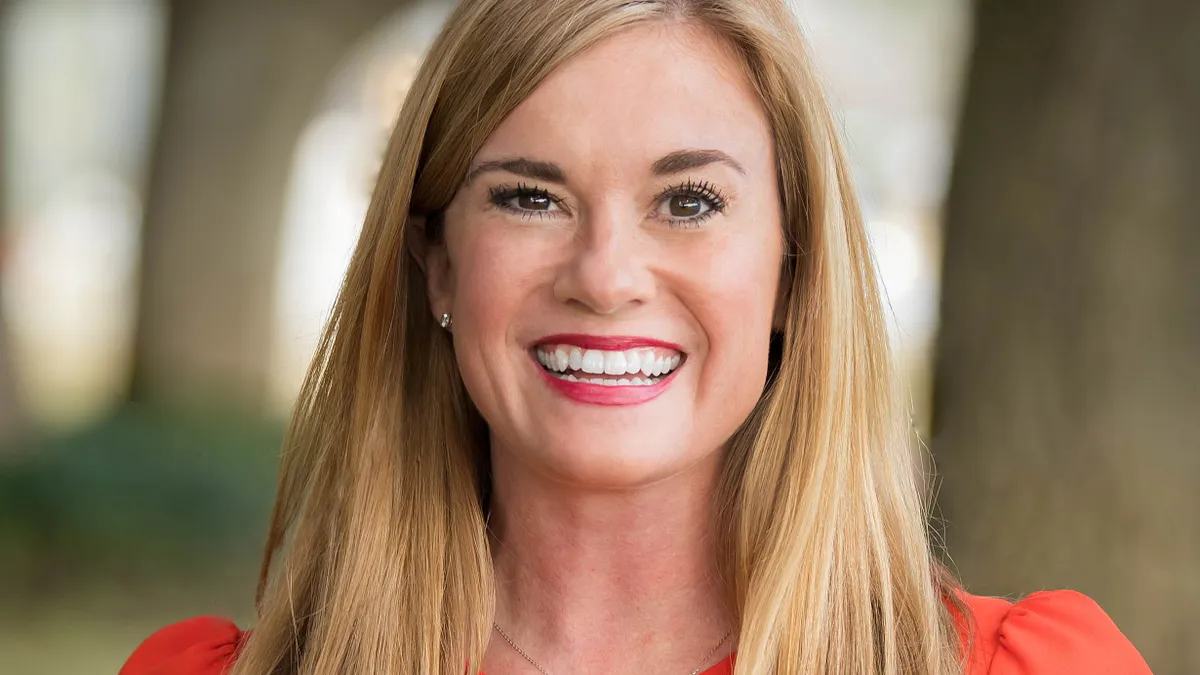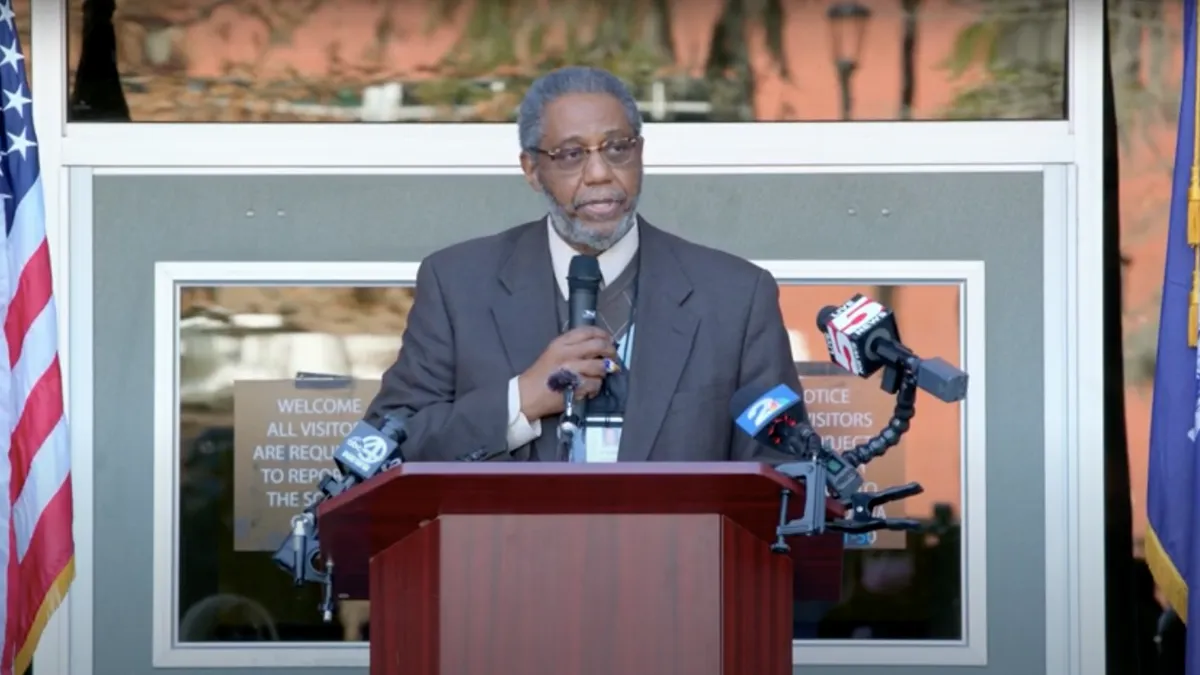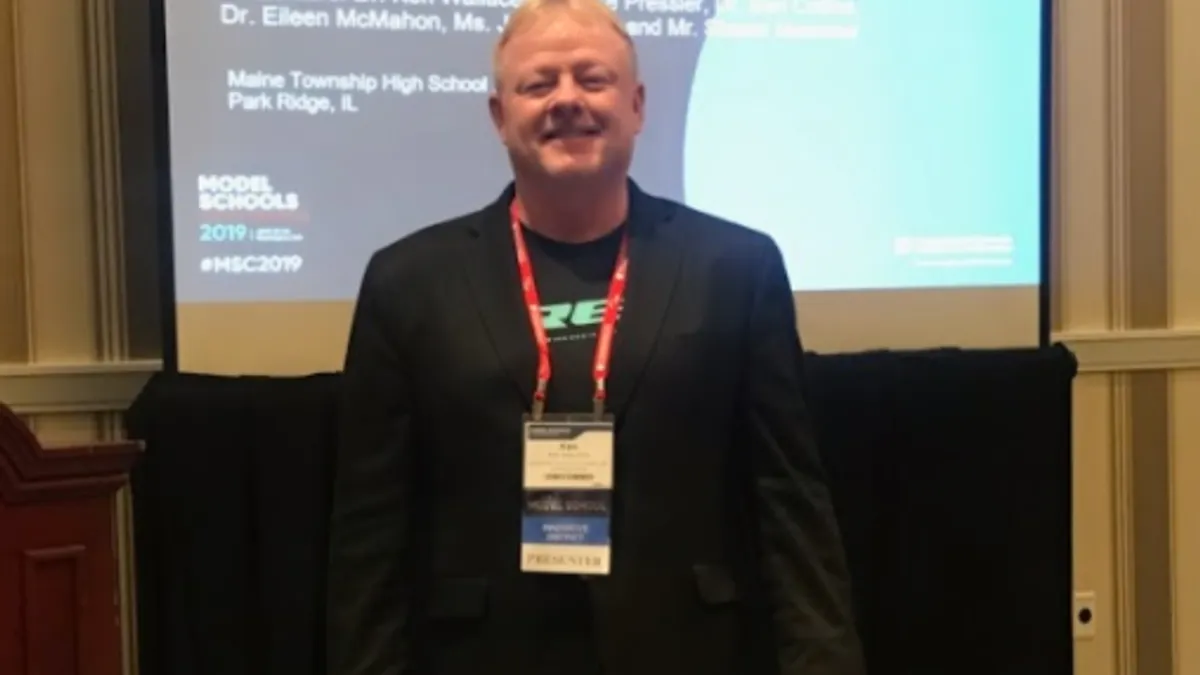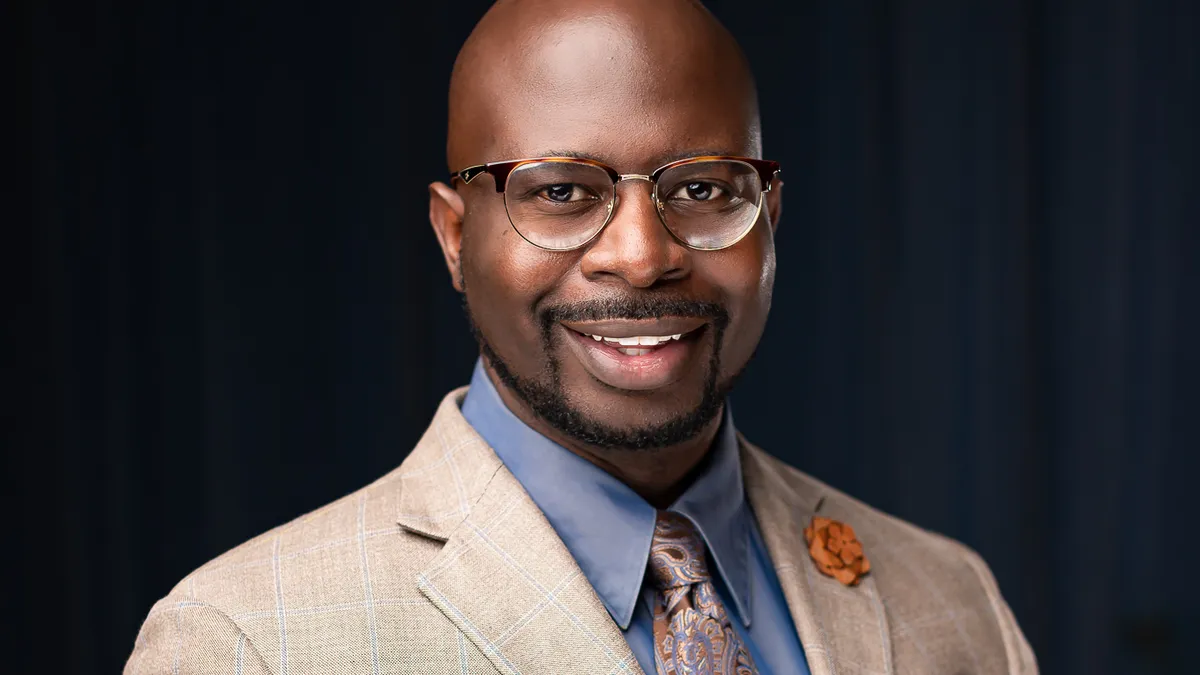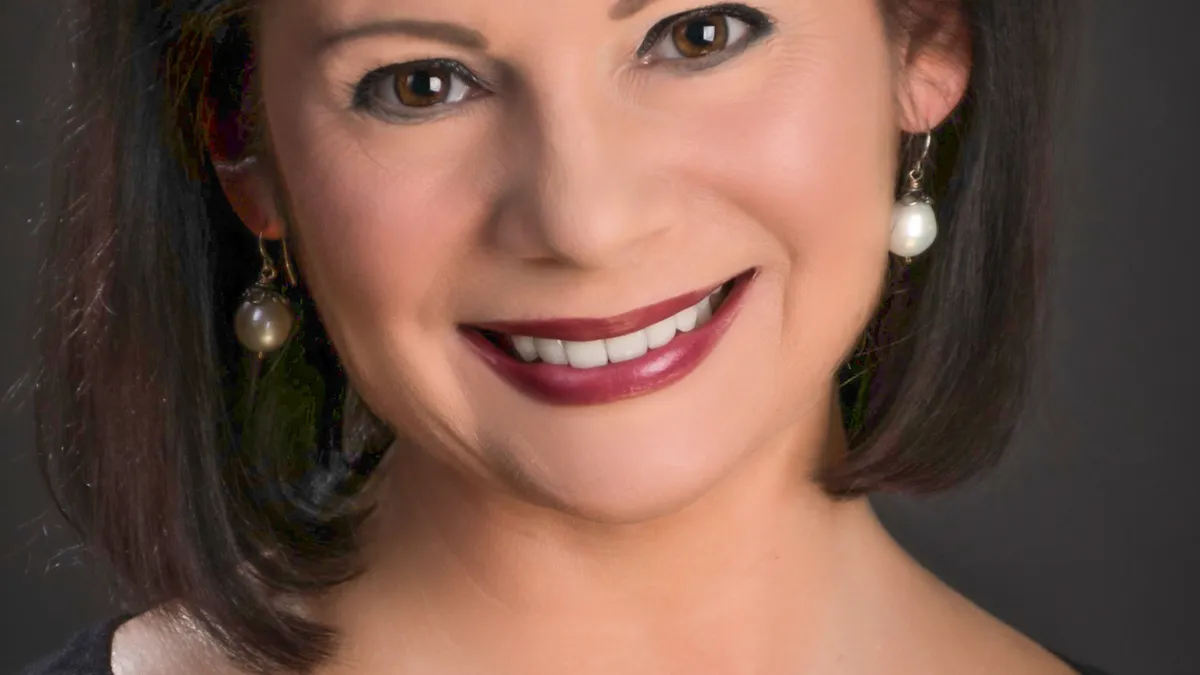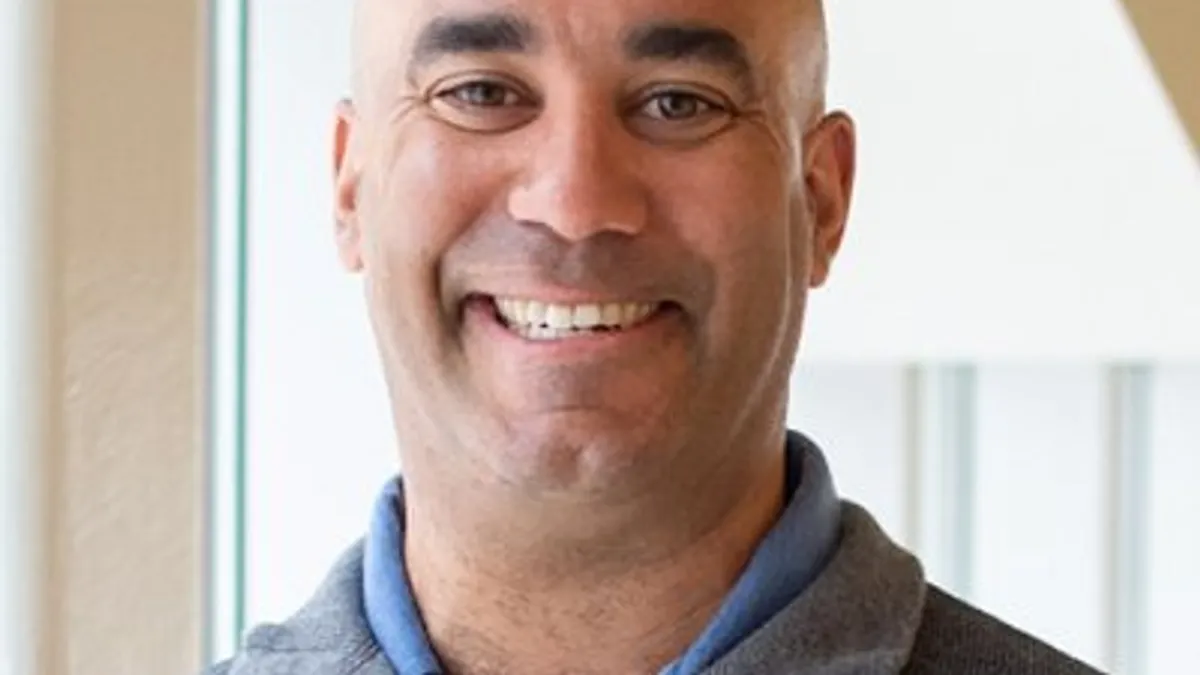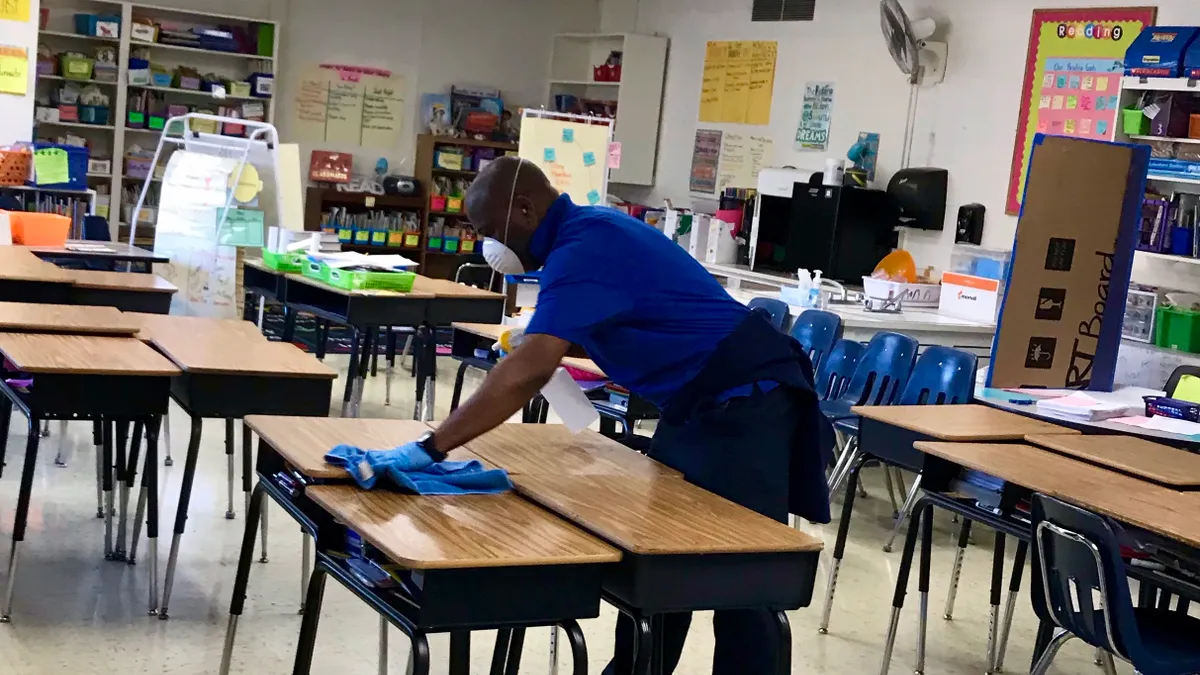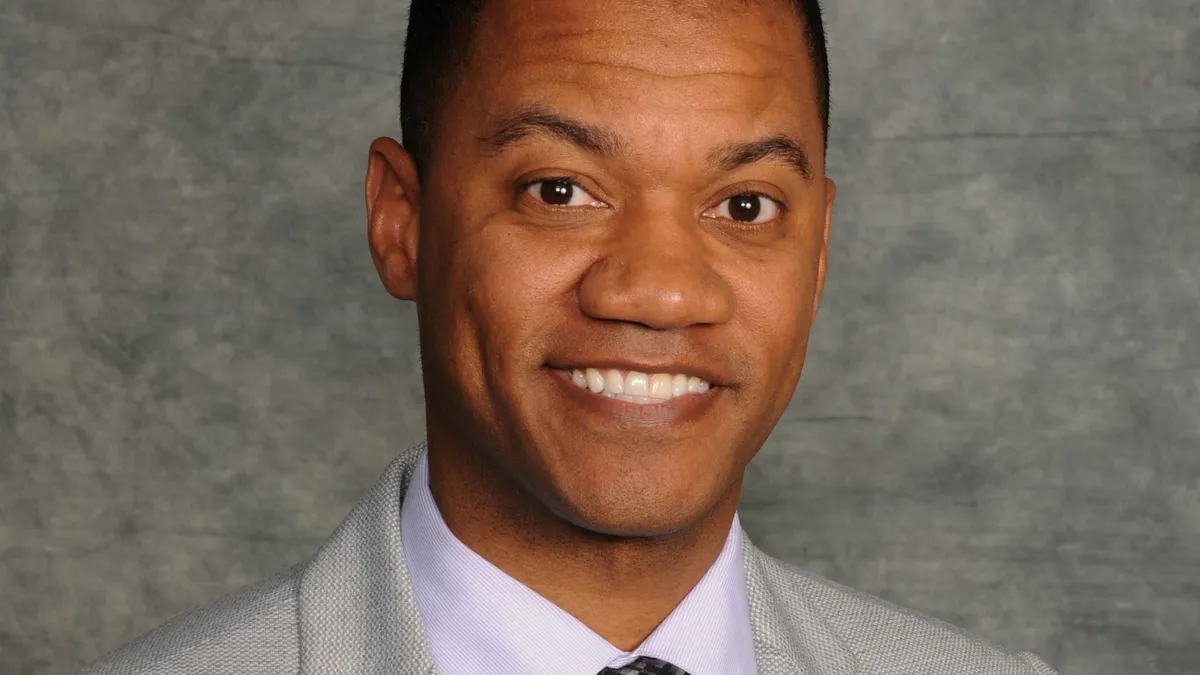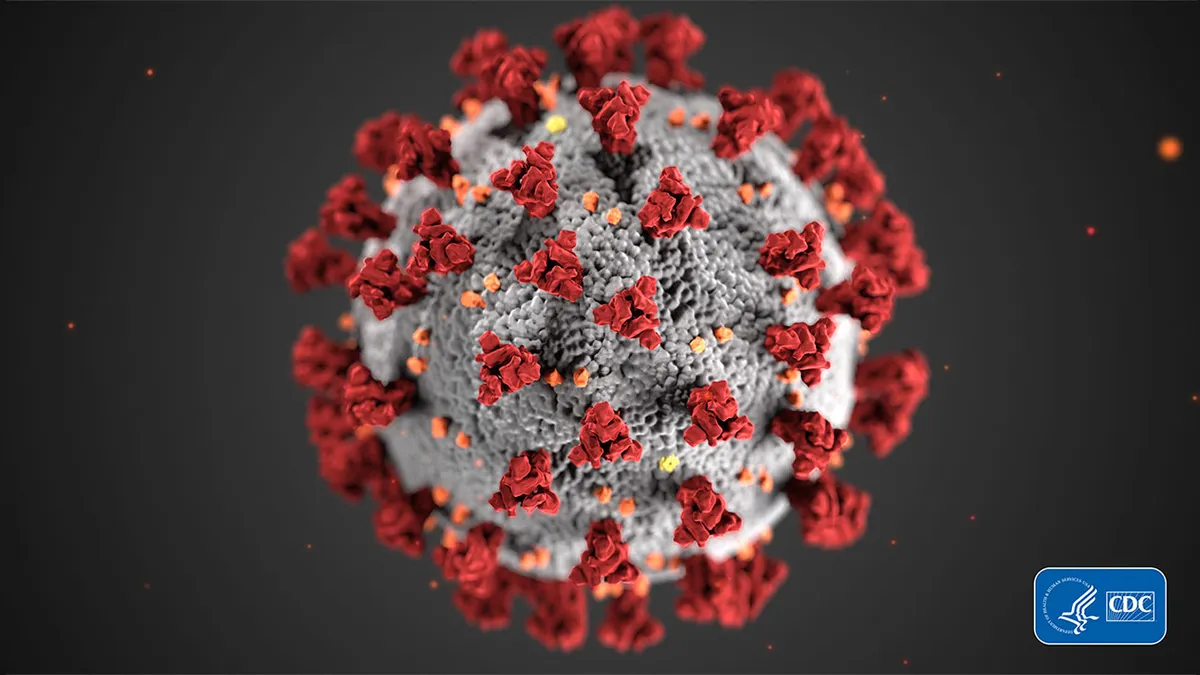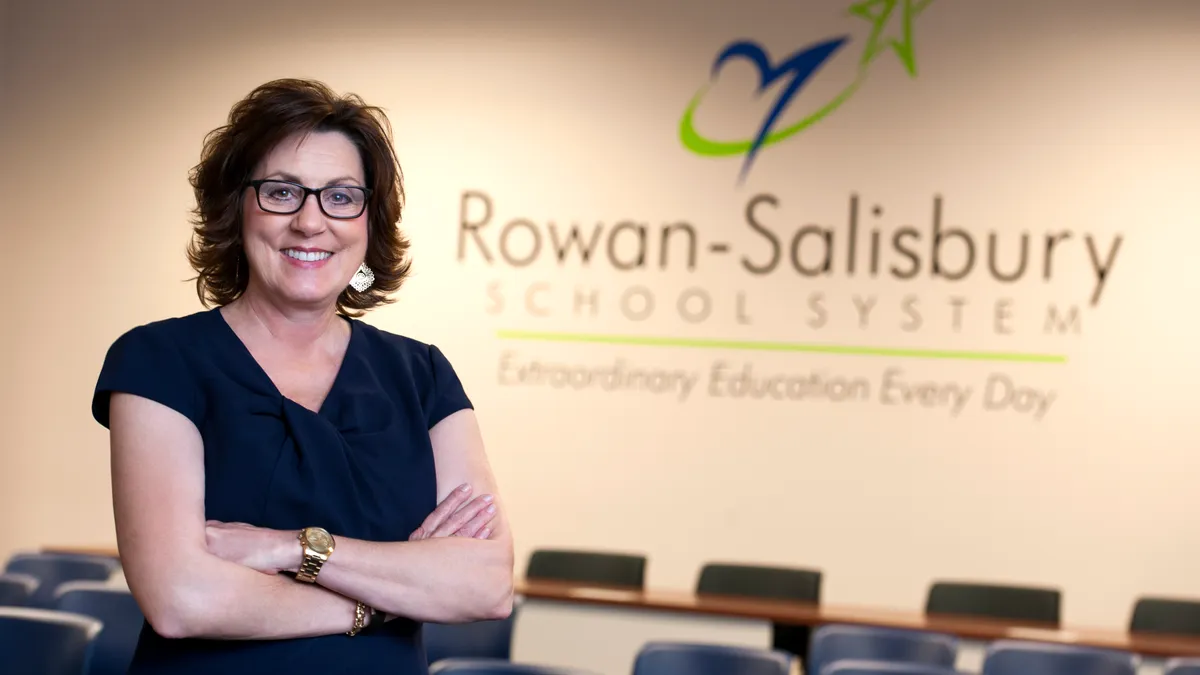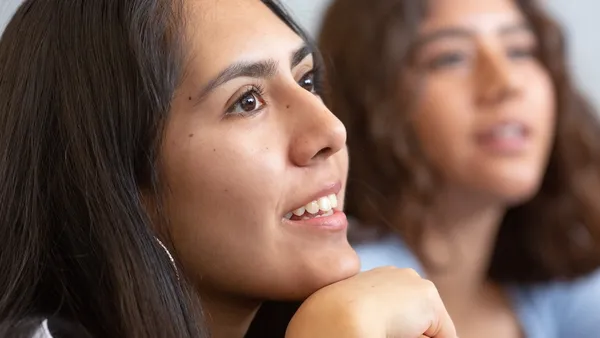Lessons In Leadership is an ongoing series in which K-12 principals and superintendents share their best practices as well as challenges overcome. For more installments, click here.
Throughout 2023, K-12 Dive spoke with a variety of school and district leaders about their best practices, challenges overcome and lessons learned. Ahead of the new year, we revisited those conversations to spotlight five key takeaways.
Visibility and consistency matter
“You must have student voice. You must have community, parent voice, teacher voice. When you’re constantly having groups of people talking with you and conducting surveys to hear from the field what’s happening, it sends the message of what we need to do to make sure that our students are seen and heard, that our teachers are seen and heard, that our parents are seen and heard. And of course, all of this is undergirded by board policy.
And you must have stamina. Meaning you can’t keep changing curriculum or keep changing your concept or what you believe every year. You can’t. You’ve got to stay the course.”
- Deborah Wortham, superintendent of Roosevelt Union Free School District in New York
You can’t over-communicate in the wake of tragedy
“We ended the school year. We figured it was gonna be a calm, peaceful summer. Everything was going great. COVID protocols were just about behind us. Here in Highland Park, the park district and city of Highland Park jointly run an Independence Day parade that is fun and beautiful and festive and goes down our main street, Central Avenue, and everything’s great.
All of a sudden, it’s not, and there’s a mass shooting. There’s a violent critical incident. There’s a masked gunman. And he was not immediately apprehended. The accused shooter was apprehended a couple hours later.
Now you’ve got six weeks till school starts. There’s no catching your breath. It’s, ‘Now what?’ And what we did is we communicated, communicated again, and communicated again. Obviously, we used email. But we also used video, audio, podcasts. We held a couple special board meetings and a regular board meeting. We broadcast some of those, and we just kept communicating.”
- Michael Lubelfeld, superintendent of North Shore School District 112 in Illinois
Local economic realities are key in union negotiations
“But the most important bit of advice is to prepare your budget for a contract negotiation that may exceed your comfort zone — but may be necessary once you consider the surrounding economic conditions in your community.
Then you must also create the necessary revenues needed to implement these labor contracts. So first assess the need, take into account local economic conditions, and determine what is possible. As you get to that point, reorganize, realign resources, protect schools, reduce bureaucracy, restructure old debt. And then you’re able to do what we were able to do, which was a massive 21% salary increase over four years for teachers, and a comparable increase with some add-ons for support staff.”
- Alberto Carvalho, superintendent of Los Angeles Unified School District
Superintendents can play a role in improving local economies
“When we have kids who are successful, who go to Ohio State, who go to Kent State or University of Cincinnati — when they do that, they don’t come back. That makes sense, because of the poverty or different attitude of what they feel is in Youngstown. They don’t feel comfortable coming back. That’s something that’s detrimental to our economy and also to the city, because those are the students who are going to help change the attitude of what’s going on.
So that’s a very vital part of what we’re doing, is making sure we can get them to come back after they get those degrees. And even for those who don’t [go to college], we have to look at what industries we still have here locally where kids can walk out of high school and still have an opportunity to work and be trained in different skilled jobs.”
- Justin Jennings, superintendent of Youngstown City School District in Ohio
Identifying shared strengths, weaknesses can earn community buy-in
“I think that before you can identify pain points, you have to listen first. And that commitment to listening then opens opportunities for you to see the commonalities of the strengths and weaknesses people talked about and what they share.
It’s up to us as leaders to make those connections and connect the dots between the strengths and weaknesses of the school district. When we’re committed to listening, we can identify those pain points. Pain moves us. Pain moves people. So if you have a certain pain that’s completely different from mine, there may be a lack of understanding there, and a lack of movement or momentum. But when we share collective pain, well, now we can move forward as a community, and we can use that as our springboard, as our starting point.
I have learned over the years that that’s how we gather momentum.”
- Verletta White, superintendent of Roanoke City Public Schools in Virginia








